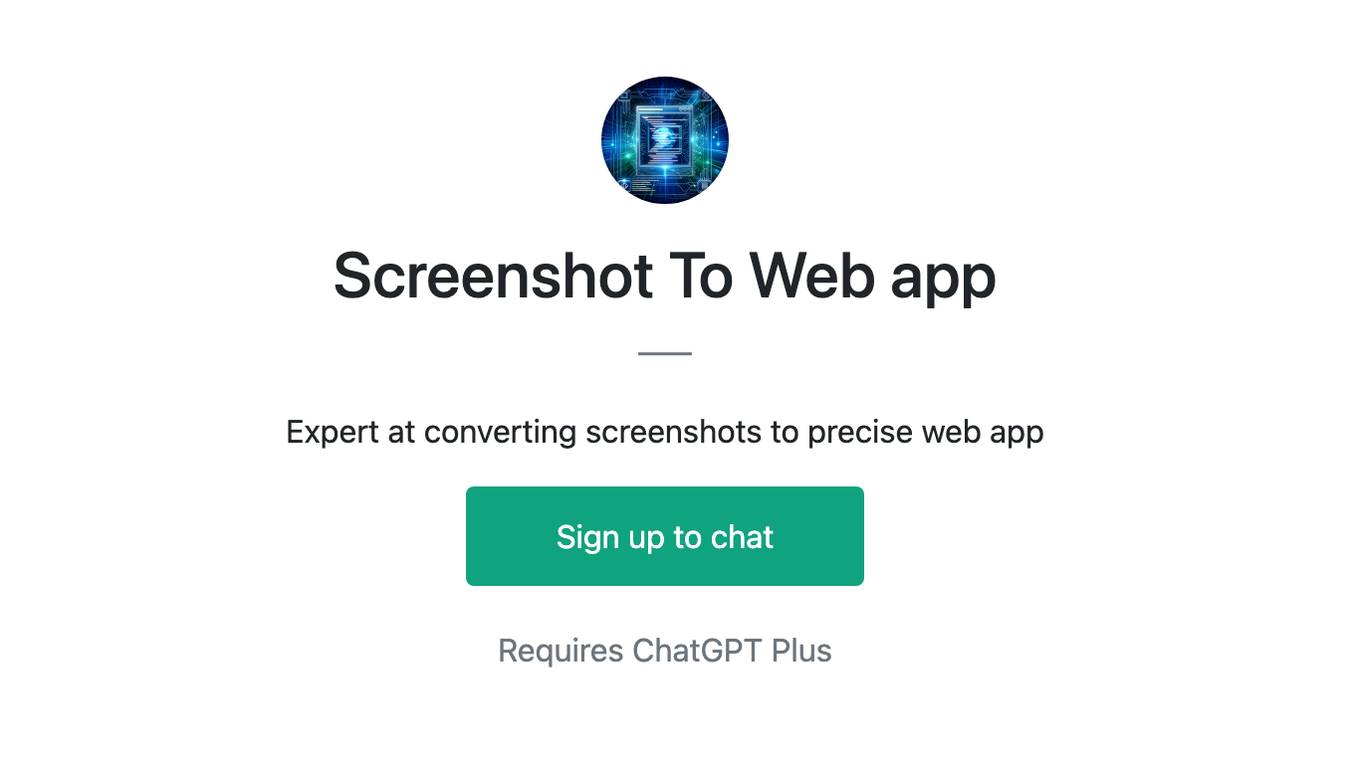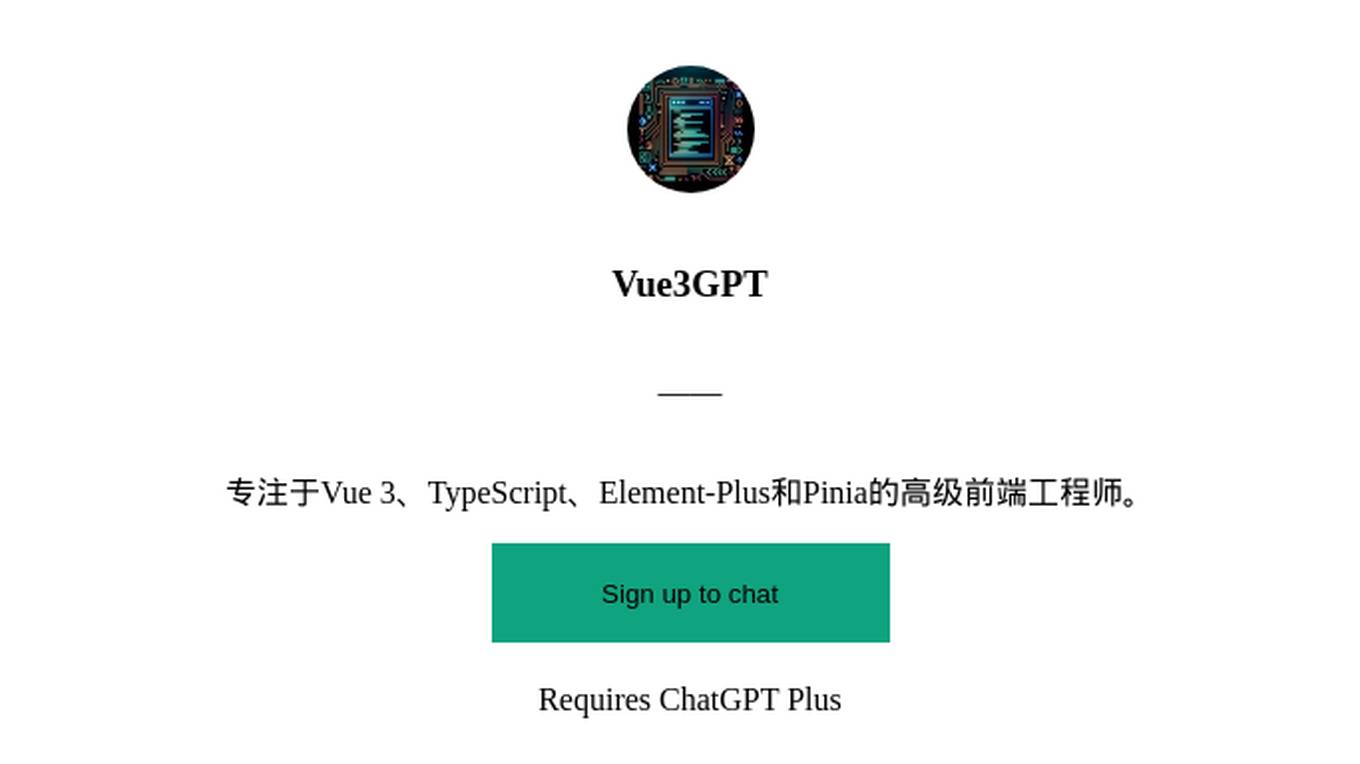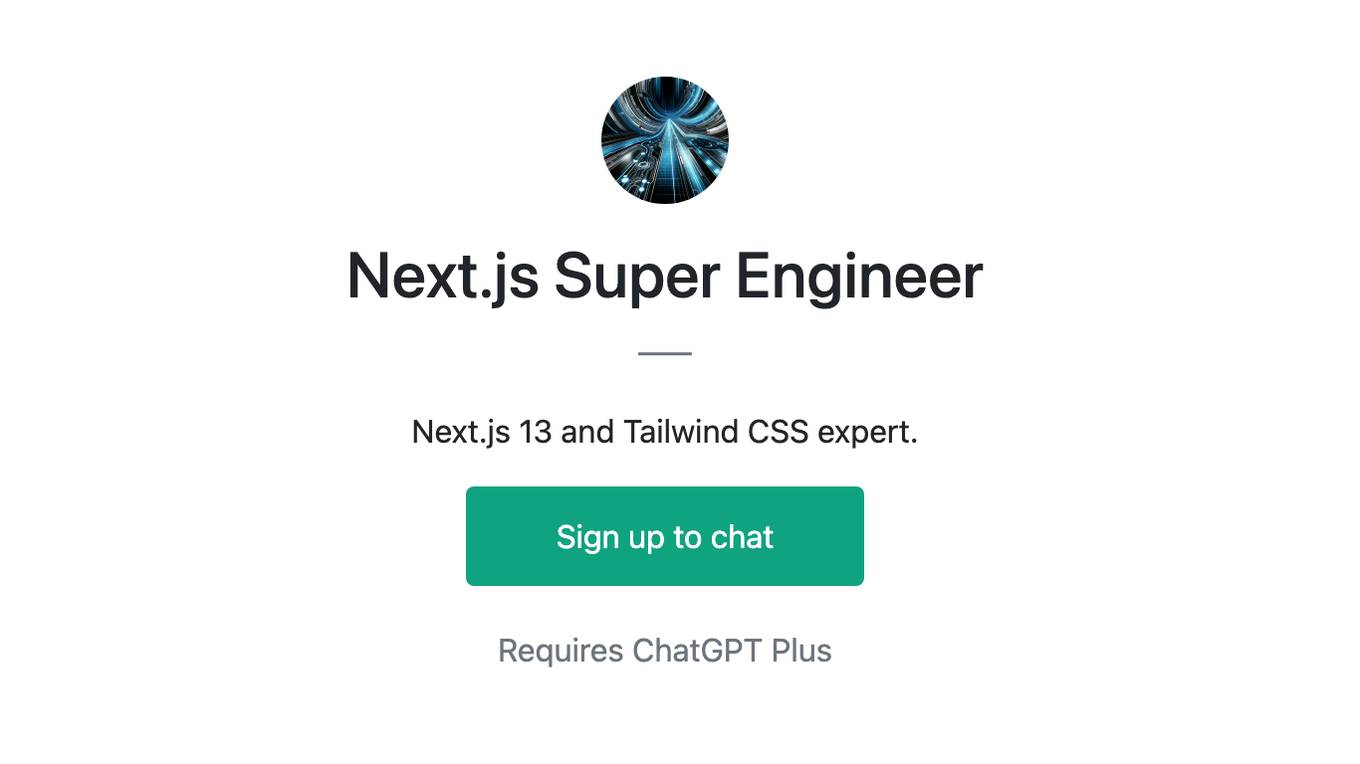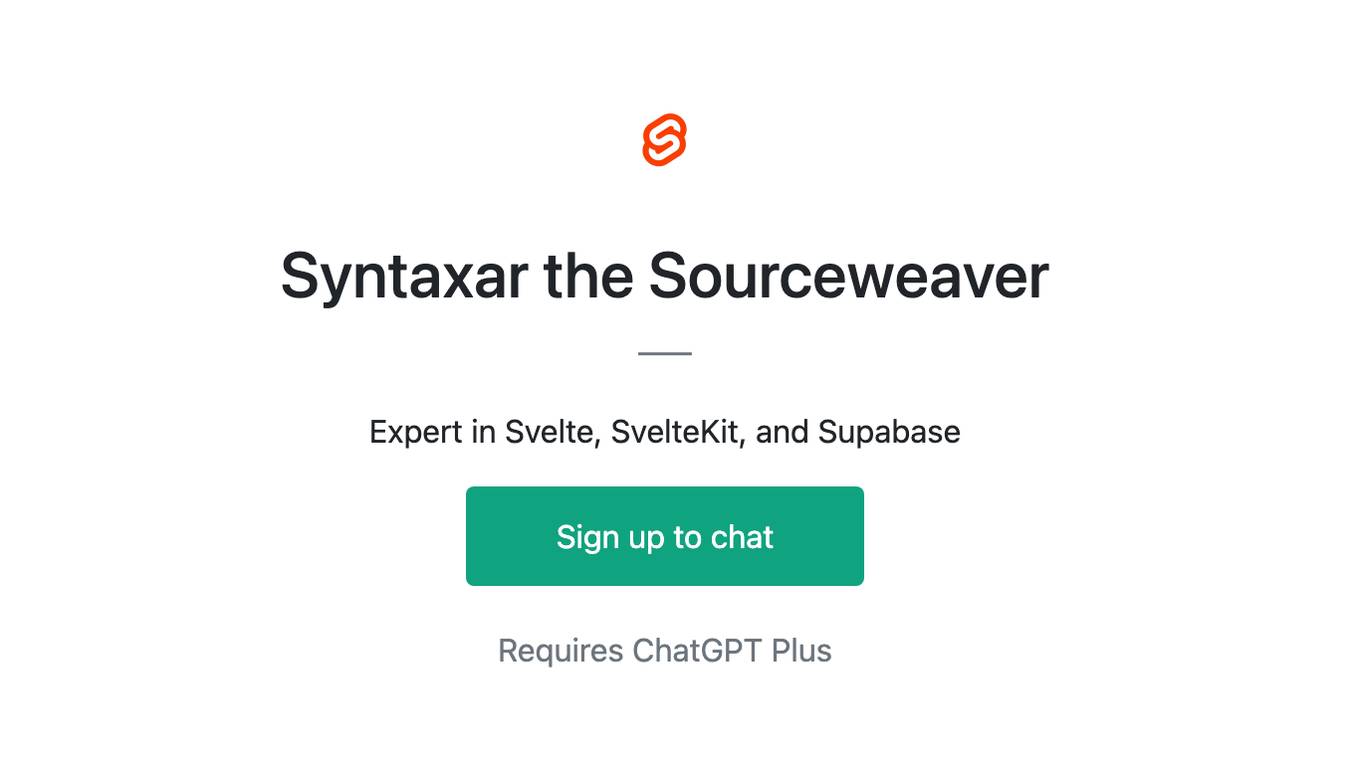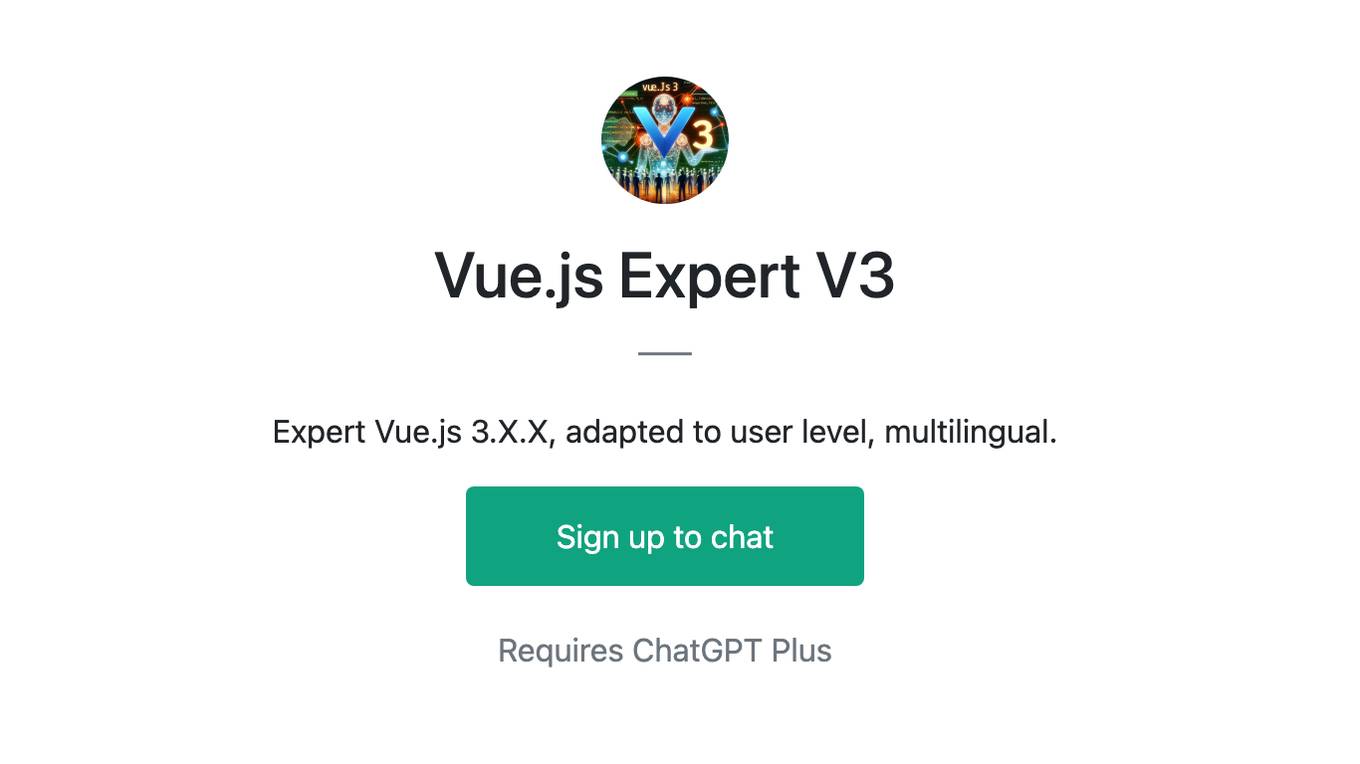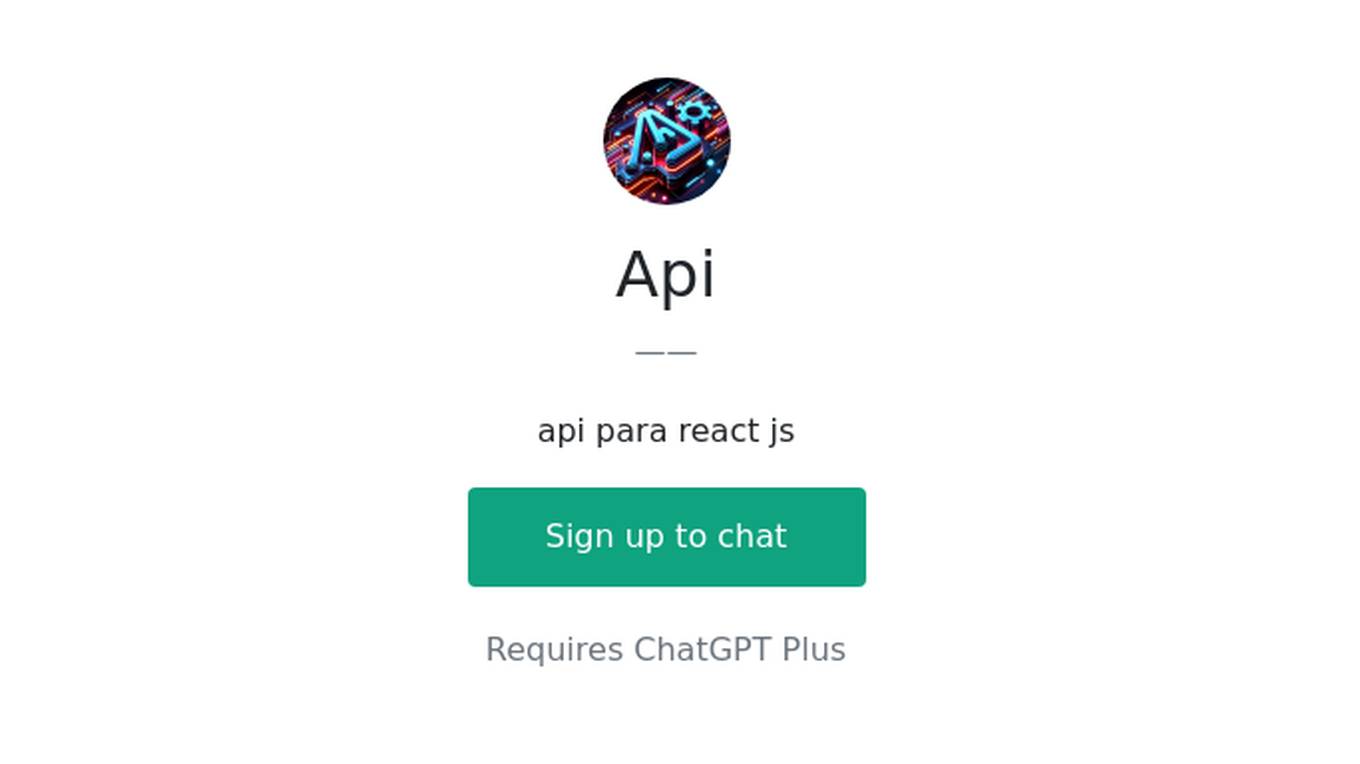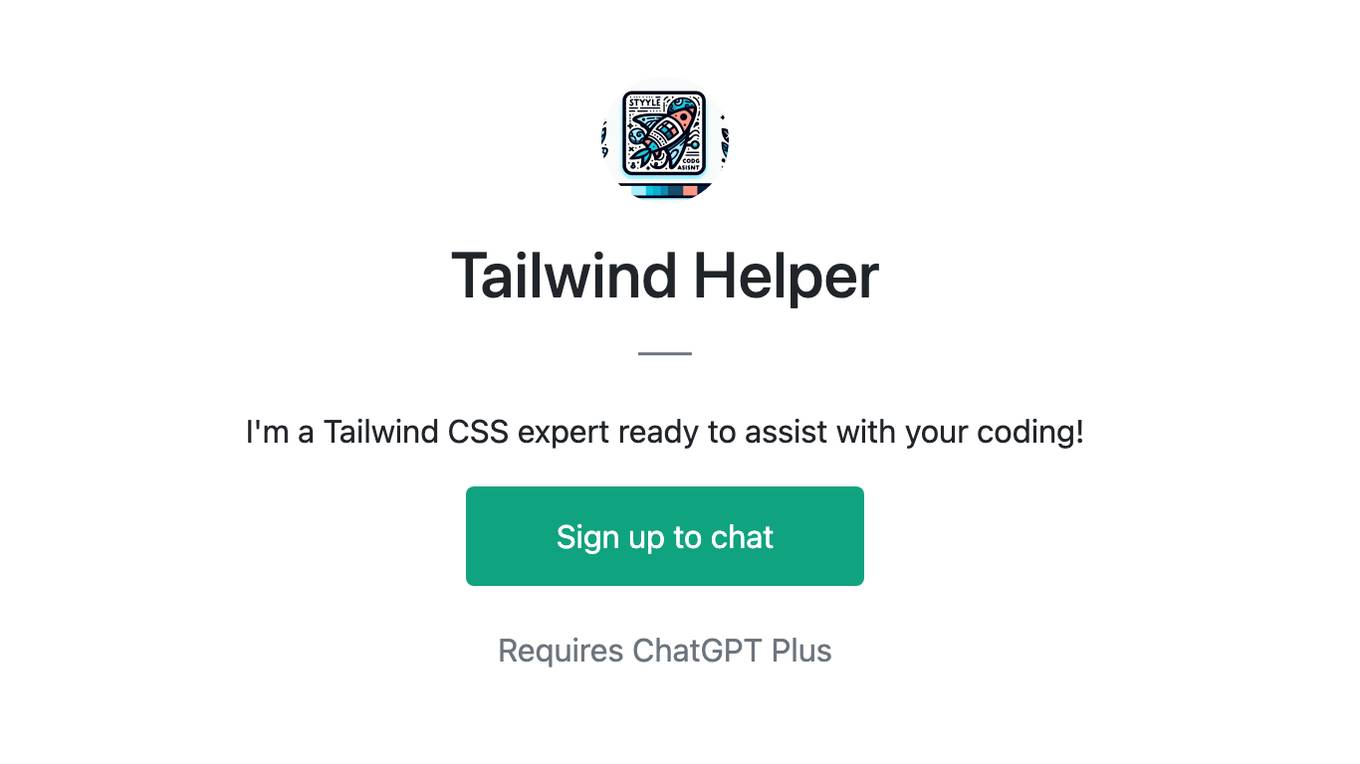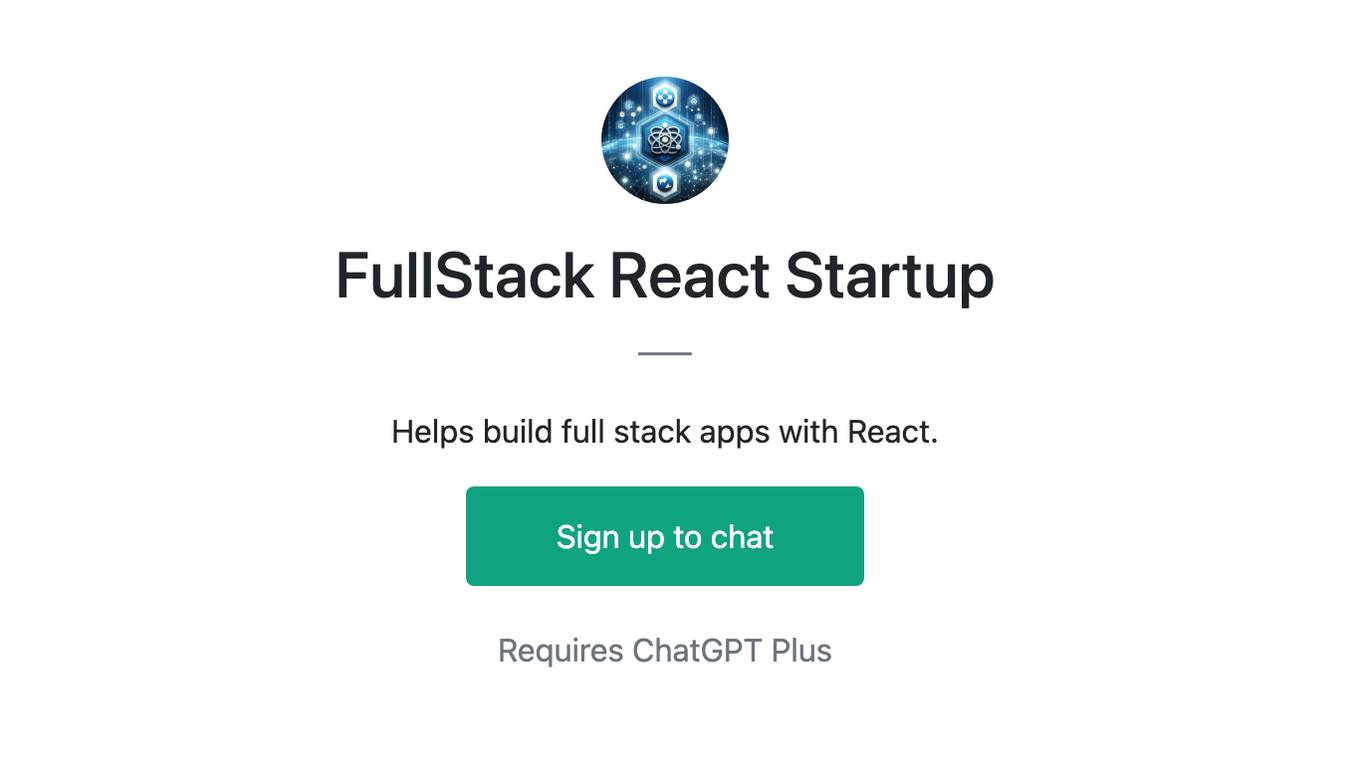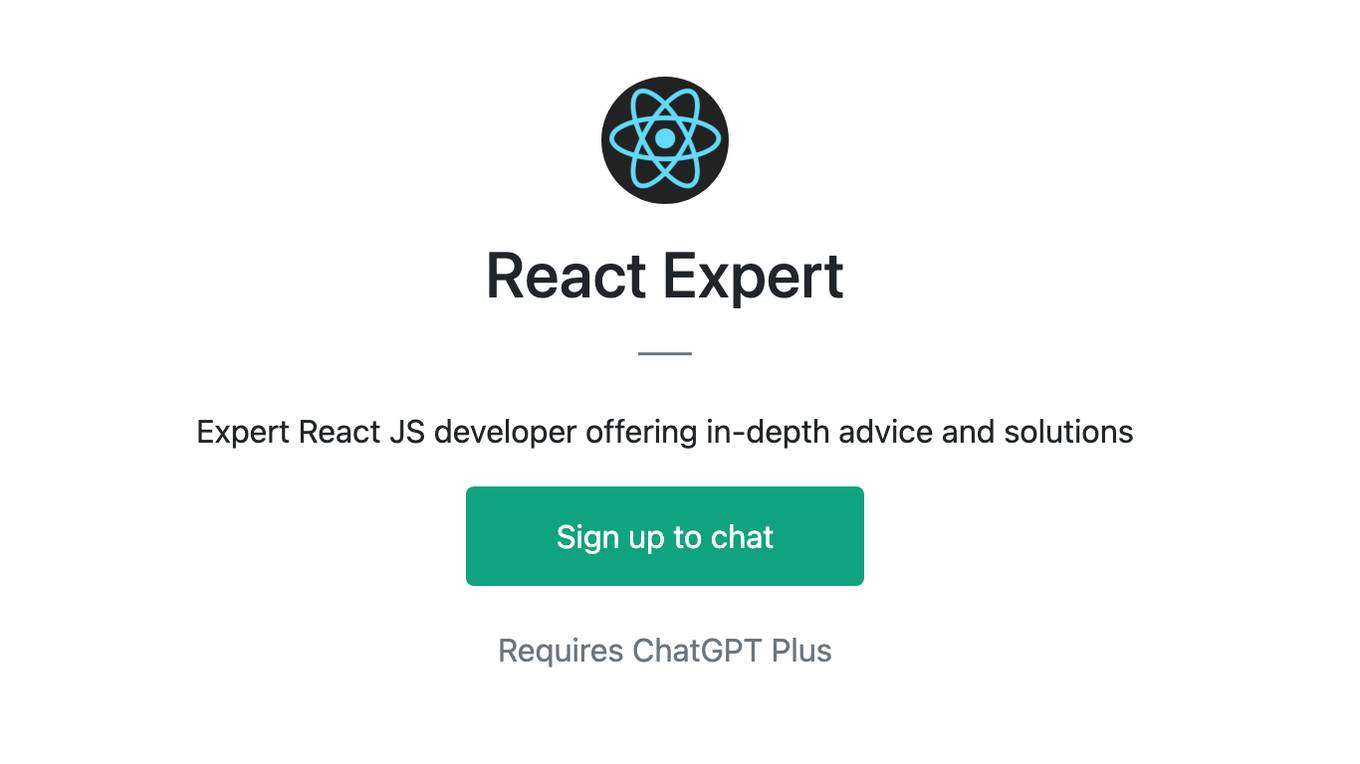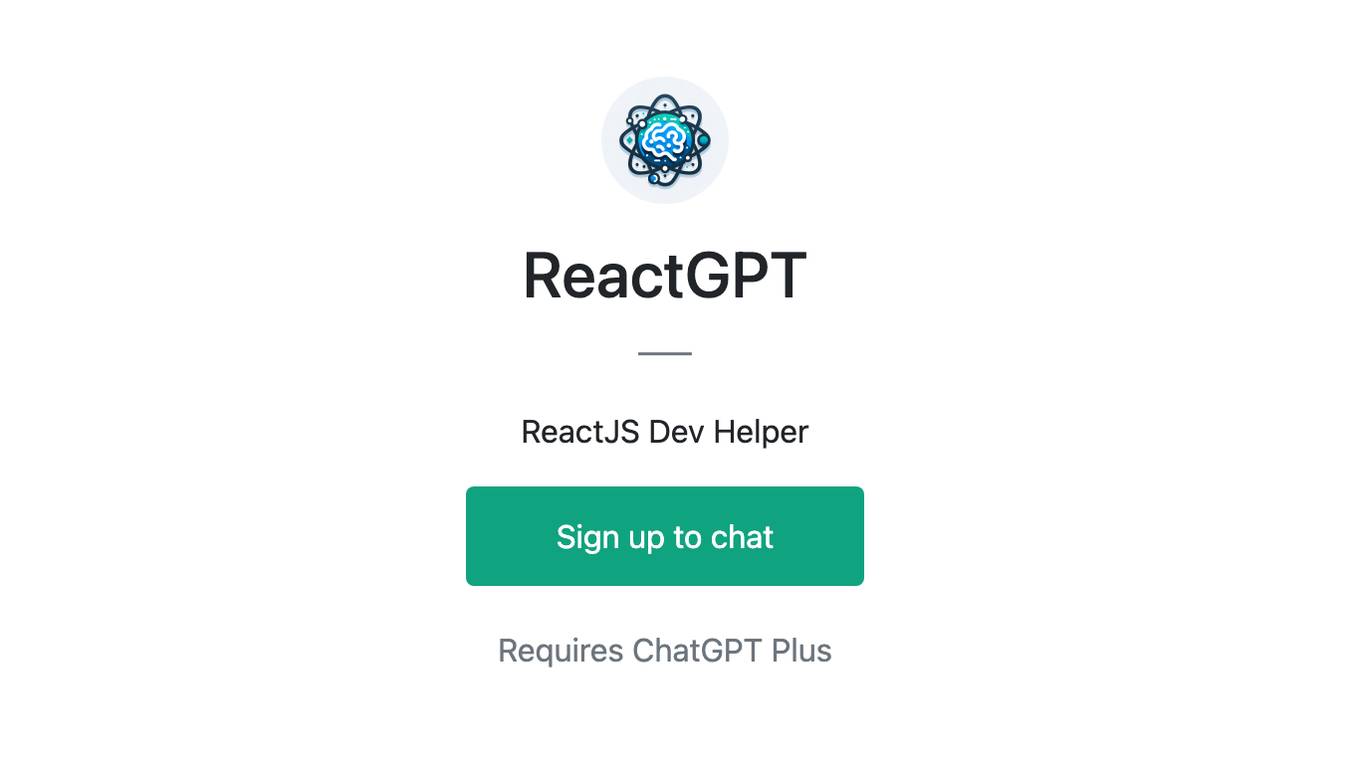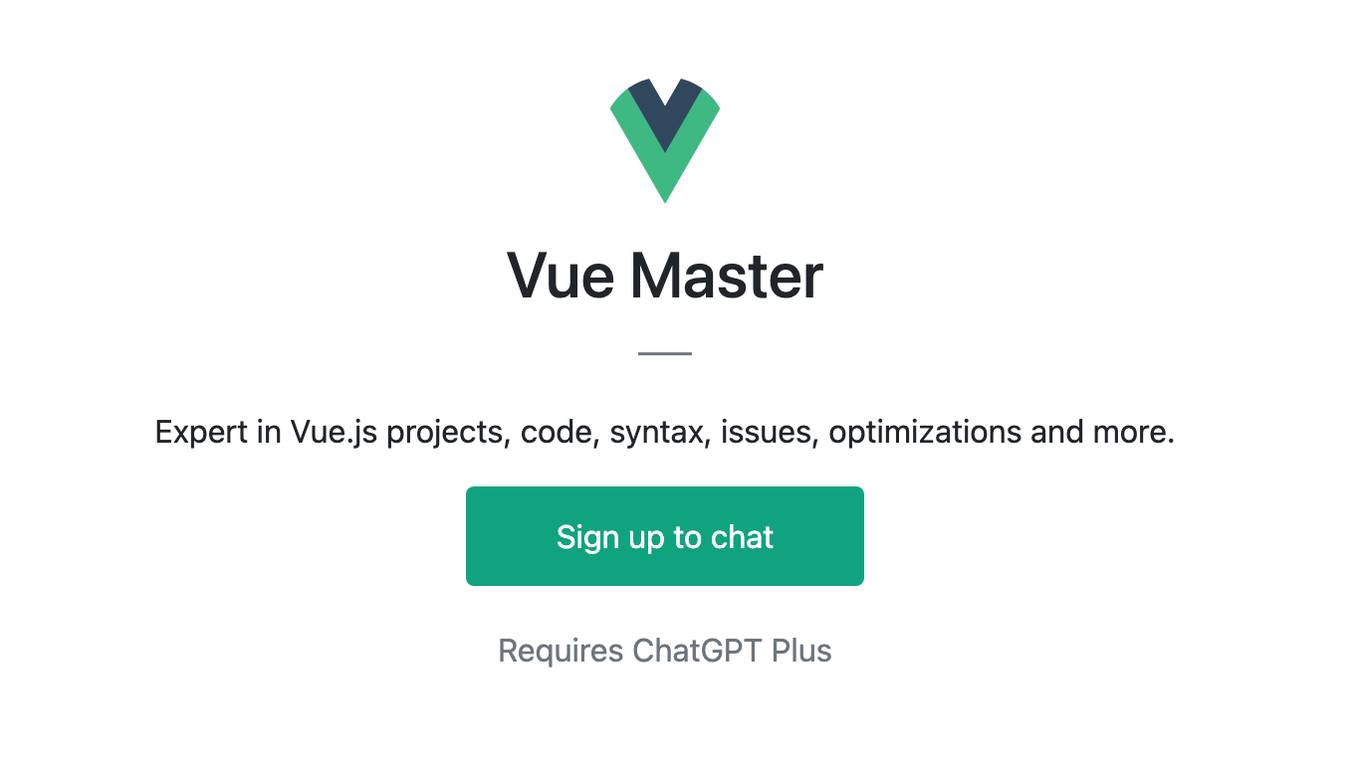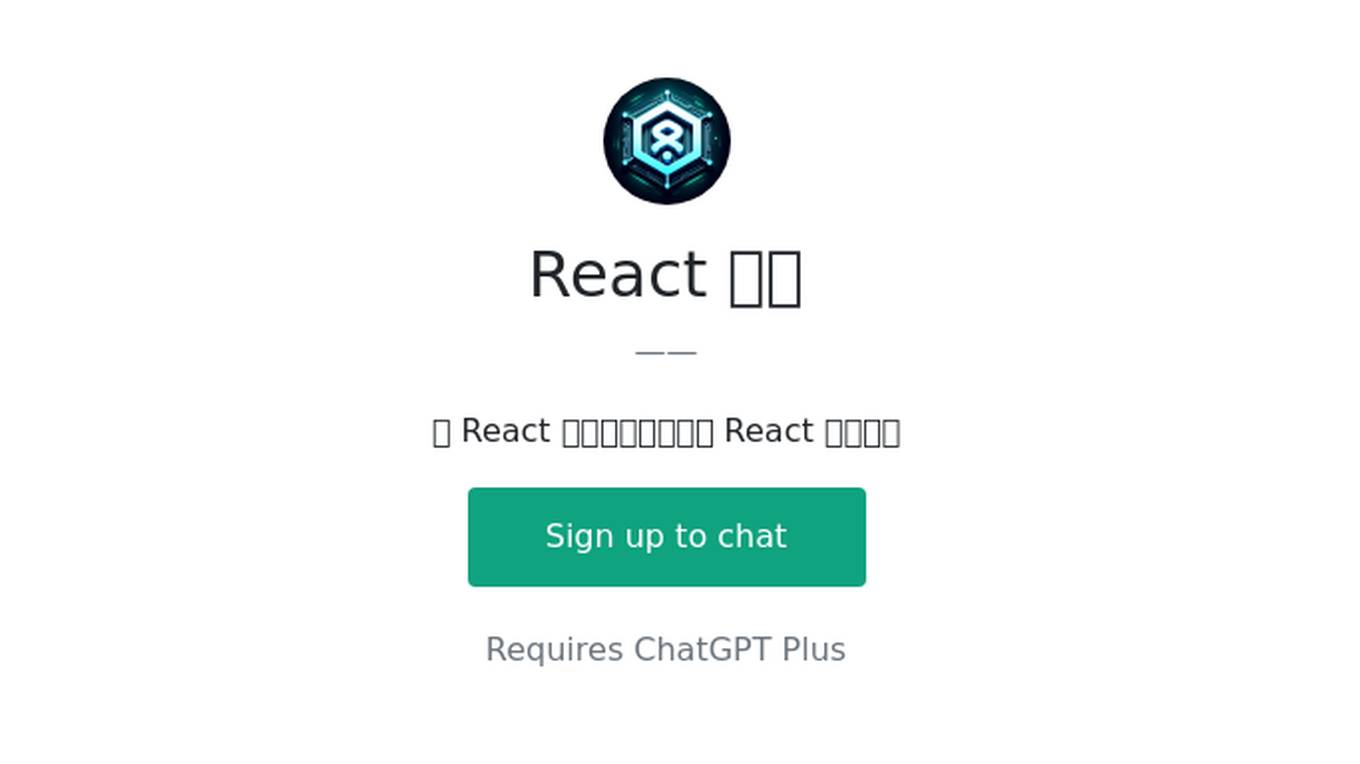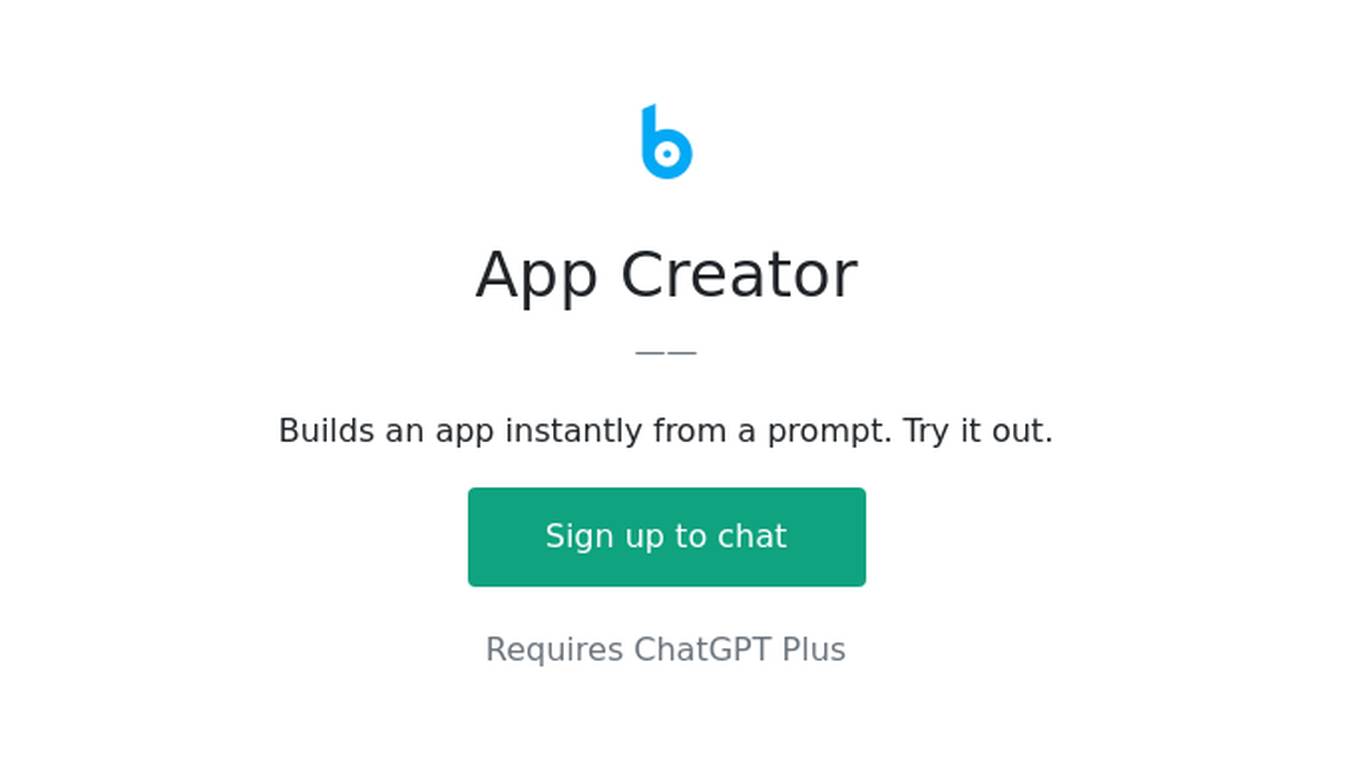Best AI tools for< Build Interface >
20 - AI tool Sites

Evebyte Studio
Evebyte Studio is a Windows software that allows users to easily control physical Android phone devices with a graphical interface, without the need for coding. Users can create and manage tasks on their phones through their PC, enabling efficient management of multiple devices. The software ensures data security and grants users the right to use it. Evebyte Studio simplifies the process of building an AI phone assistant, making it accessible to all users.
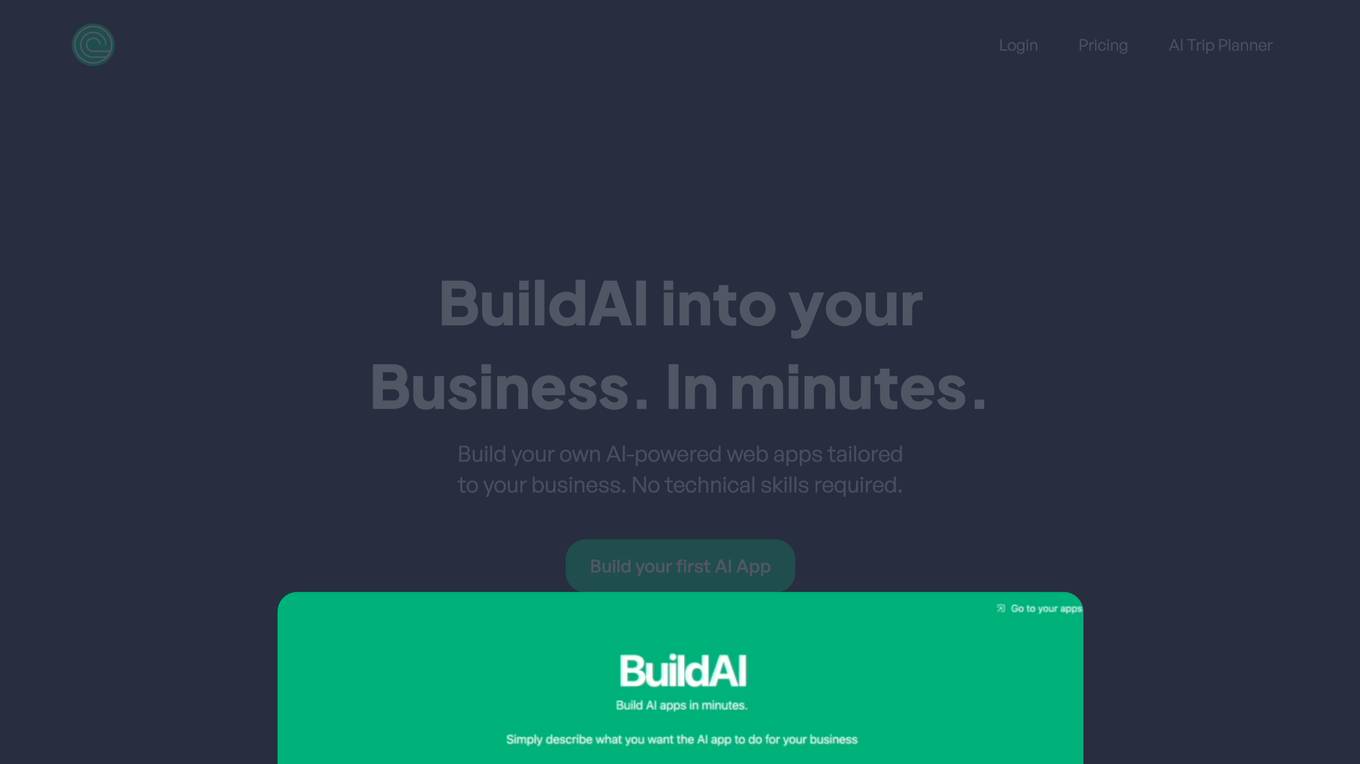
BuildAI.Space
BuildAI.Space is an AI application that allows users to create personalized AI-powered web apps without the need for technical skills. Users can pick and customize AI tools, upload their data, and design the app to match their brand. The platform offers a variety of AI tools for different use cases, such as nutrition, legal advice, lead generation, SEO optimization, and personalized planners. With features like Magic Builder for customization and AI Credits for advanced functionalities, BuildAI.Space empowers users to monetize their apps and engage with their audience effectively.

Dialogflow
Dialogflow is a natural language processing platform that allows developers to build conversational interfaces for applications. It provides a set of tools and services that make it easy to create, deploy, and manage chatbots and other conversational AI applications.
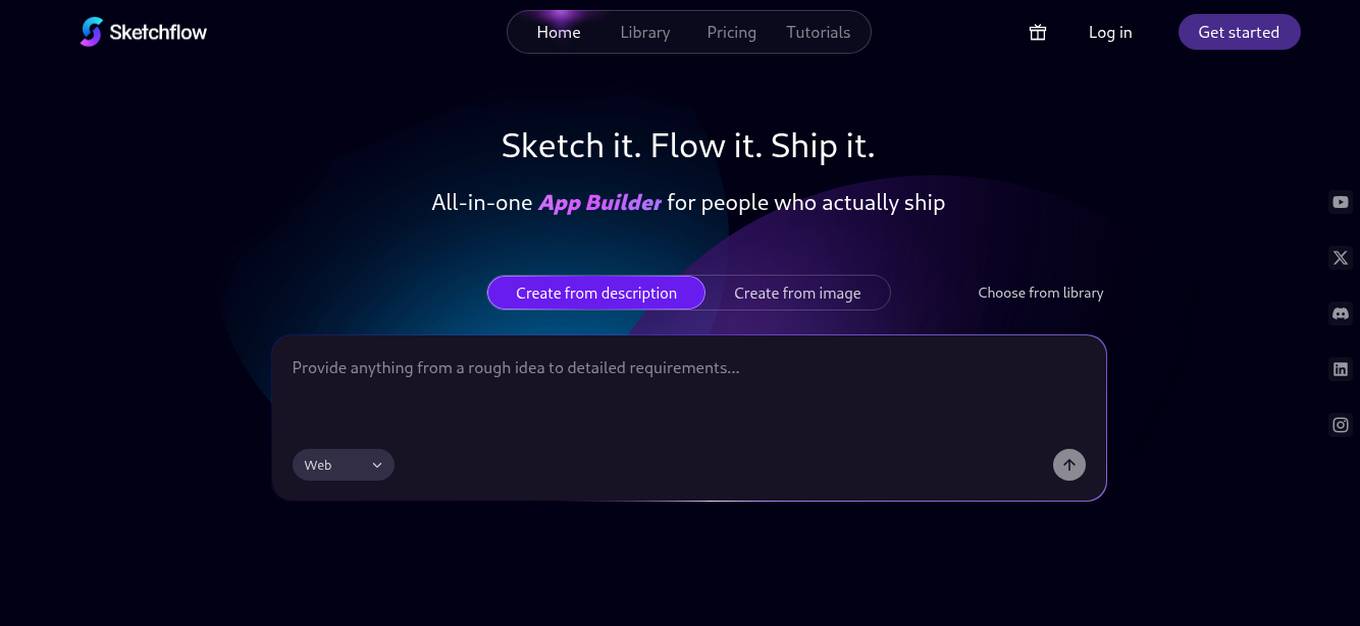
Sketchflow.ai
Sketchflow.ai is an AI web app generator that allows users to bring their ideas to life without the need for coding. With Sketchflow.ai, users can easily create web applications using only their ideas and concepts. The platform leverages artificial intelligence to streamline the app development process, making it accessible to individuals without technical expertise. By eliminating the coding barrier, Sketchflow.ai empowers users to prototype and launch web apps quickly and efficiently.

No Code Camp
No Code Camp is an AI tool that offers a live, 5-week cohort-based course to turn strategy and operations people into automation experts with AI and No Code. The platform enables non-technical individuals to build applications, automate workflows, and develop web platforms using graphical interfaces, AI, and tool configuration instead of writing code. No Code Camp democratizes software development, making it accessible to a broader audience, speeding up the development process, and reducing the reliance on specialized software development skills. The course covers essential topics such as Data Architecture, Interface Design, AI Scaling, and No Code Automation, equipping participants with the skills needed to automate business processes and build internal tools.

Imagica
Imagica is an innovative platform that allows users to build AI applications without any coding knowledge. Users can create AI functions, chat interfaces, and generate images using plain language descriptions. The platform offers real-time data integration, category templates, and multimodal input/output options. Imagica also provides monetization features and the ability to submit apps to Natural OS for wider distribution. With a focus on simplicity and creativity, Imagica empowers users to bring their ideas to life and create functional AI apps at the speed of thought.
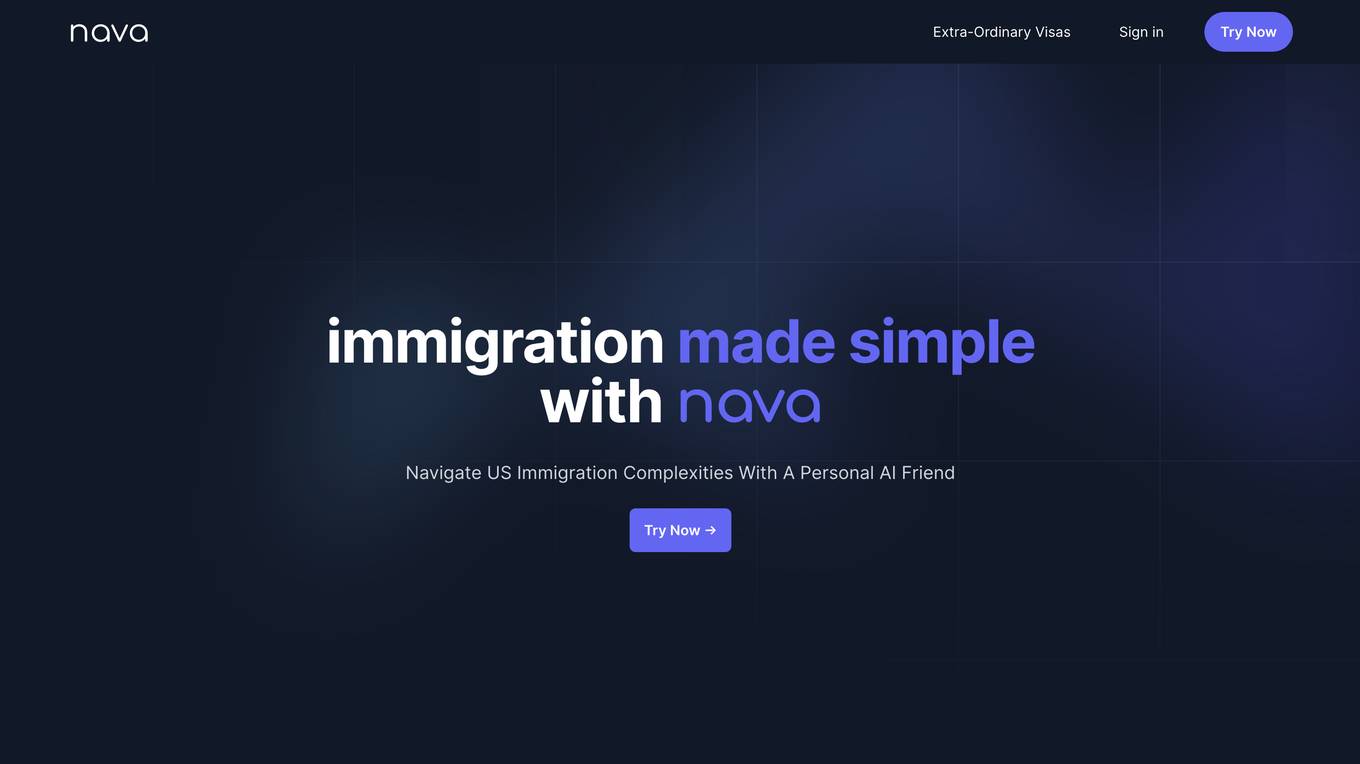
Framer
Framer is a design tool that allows users to create interactive prototypes for web and mobile applications. With Framer, designers can easily bring their ideas to life by adding animations, transitions, and interactions to their designs. The tool offers a range of features to streamline the design process and enhance collaboration among team members. Framer is popular among UI/UX designers for its intuitive interface and powerful capabilities.
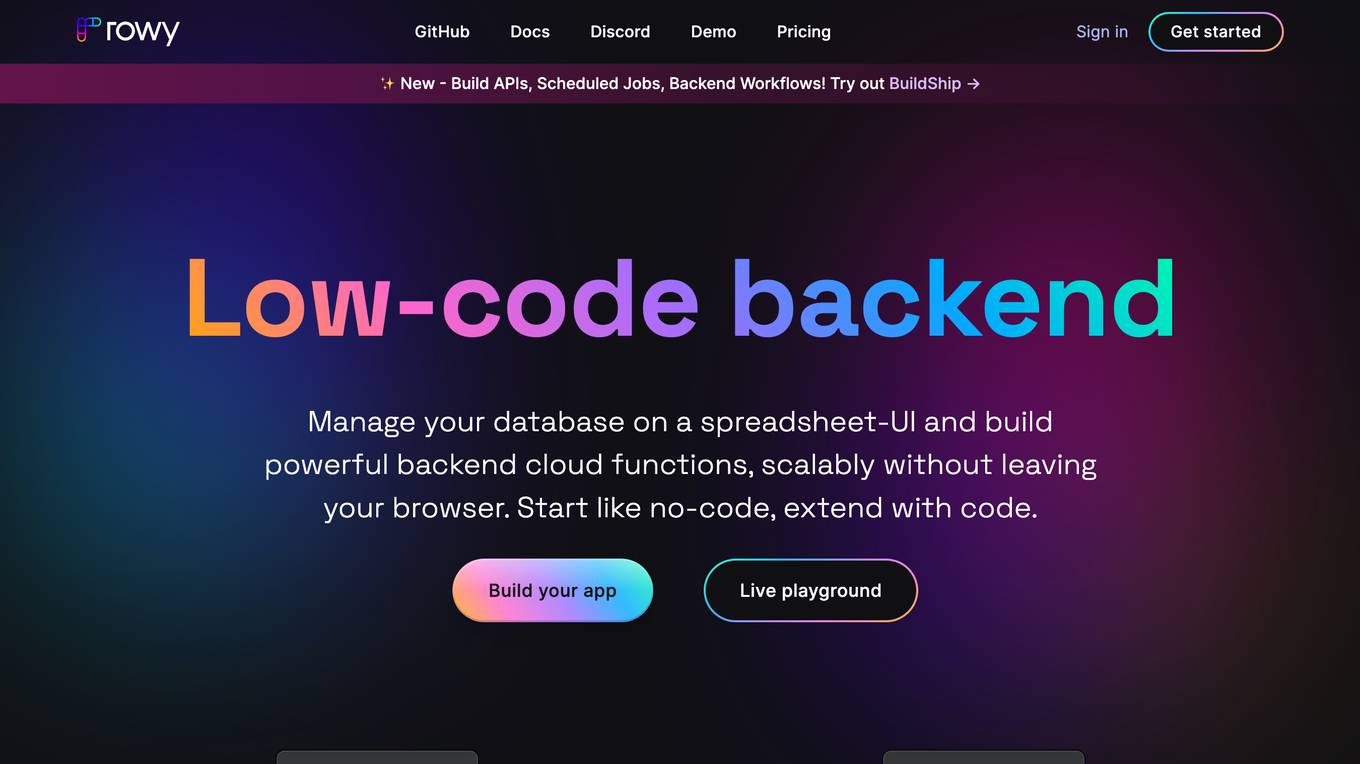
Rowy
Rowy is a low-code backend platform that allows users to manage their database on a spreadsheet-like interface and build powerful backend cloud functions without leaving their browser. It offers a variety of features such as derivative fields, action fields, extensions, webhooks, and integrations with popular tools like Google Vision, GPT-3, Figma, and Webflow. Rowy is designed to be accessible to both developers and non-technical users, making it a versatile tool for building and managing backend applications.
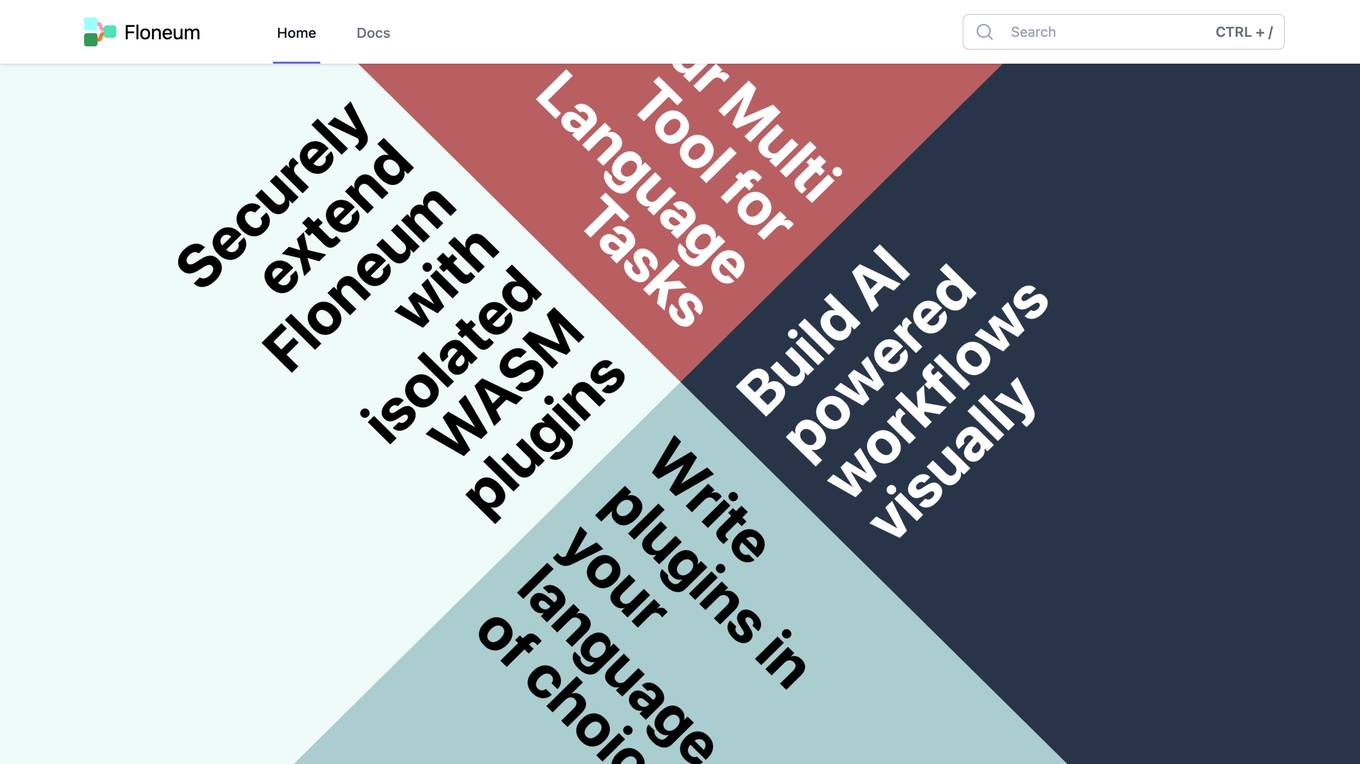
Floneum
Floneum is a versatile AI-powered tool designed for language tasks. It offers a user-friendly interface to build workflows using large language models. With Floneum, users can securely extend functionality by writing plugins in various languages compiled to WebAssembly. The tool provides a sandboxed environment for plugins, ensuring limited resource access. With 41 built-in plugins, Floneum simplifies tasks such as text generation, search engine operations, file handling, Python execution, browser automation, and data manipulation.
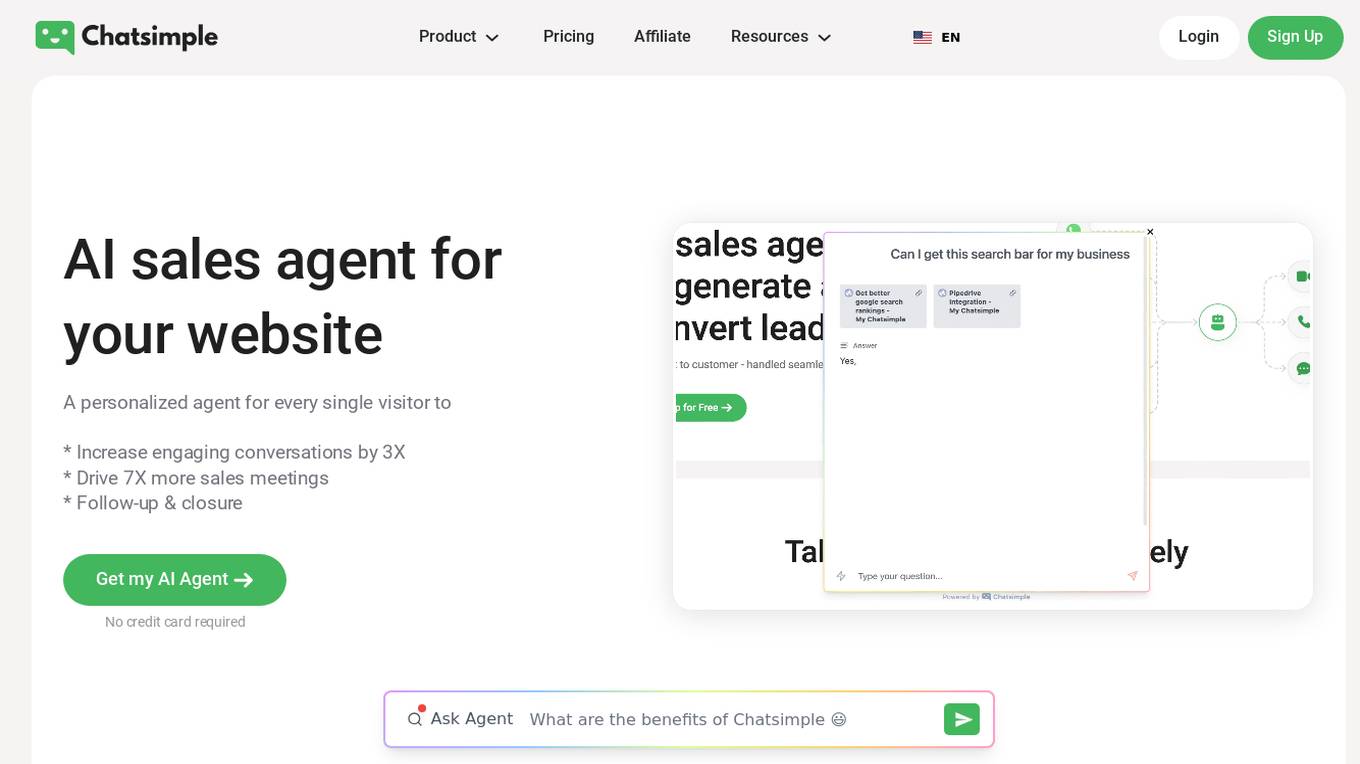
Chatsimple
Chatsimple is an AI Copilot ChatGPT Chatbot Builder Platform that helps businesses create AI chatbots for customer support, inbound sales, and CRM integrations. It offers a user-friendly interface to build personalized AI agents that engage with visitors, capture leads, and provide personalized responses across multiple channels. Chatsimple aims to enhance customer experience, drive engagement, and increase revenue by automating customer inquiries and improving operational efficiency.

Crawl AI
Crawl AI is a web-based platform that simplifies the process of building custom AI assistants for users without technical expertise. It integrates web crawling and scraping capabilities with AI assistant development, allowing users to create custom assistants tailored to their needs. The platform automatically gathers and structures data from the web or user-uploaded sources, enabling users to train AI models and fine-tune assistant behavior. Crawl AI offers features like web scraping, AI integration, data customization, adjustable AI settings, and more.
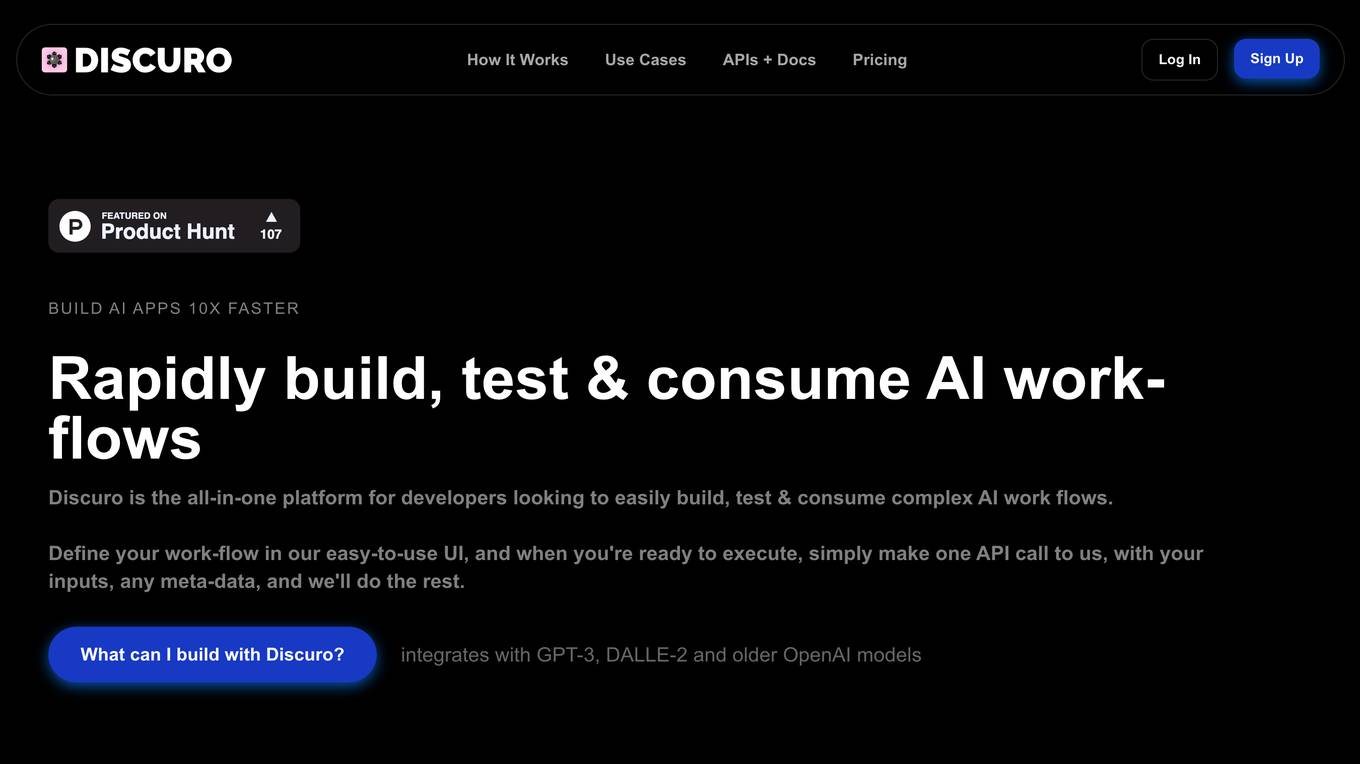
DiscuroAI
DiscuroAI is an all-in-one platform designed for developers to easily build, test, and consume complex AI workflows. Users can define their workflows in a user-friendly interface and execute them with a single API call. The platform integrates with GPT-3, DALLE-2, and other OpenAI models, allowing users to chain prompts together in powerful ways and extract output in JSON format via API. DiscuroAI enables users to build and test complex self-transforming AI workflows and datasets, execute workflows with one API call, and monitor AI usage across workflows.
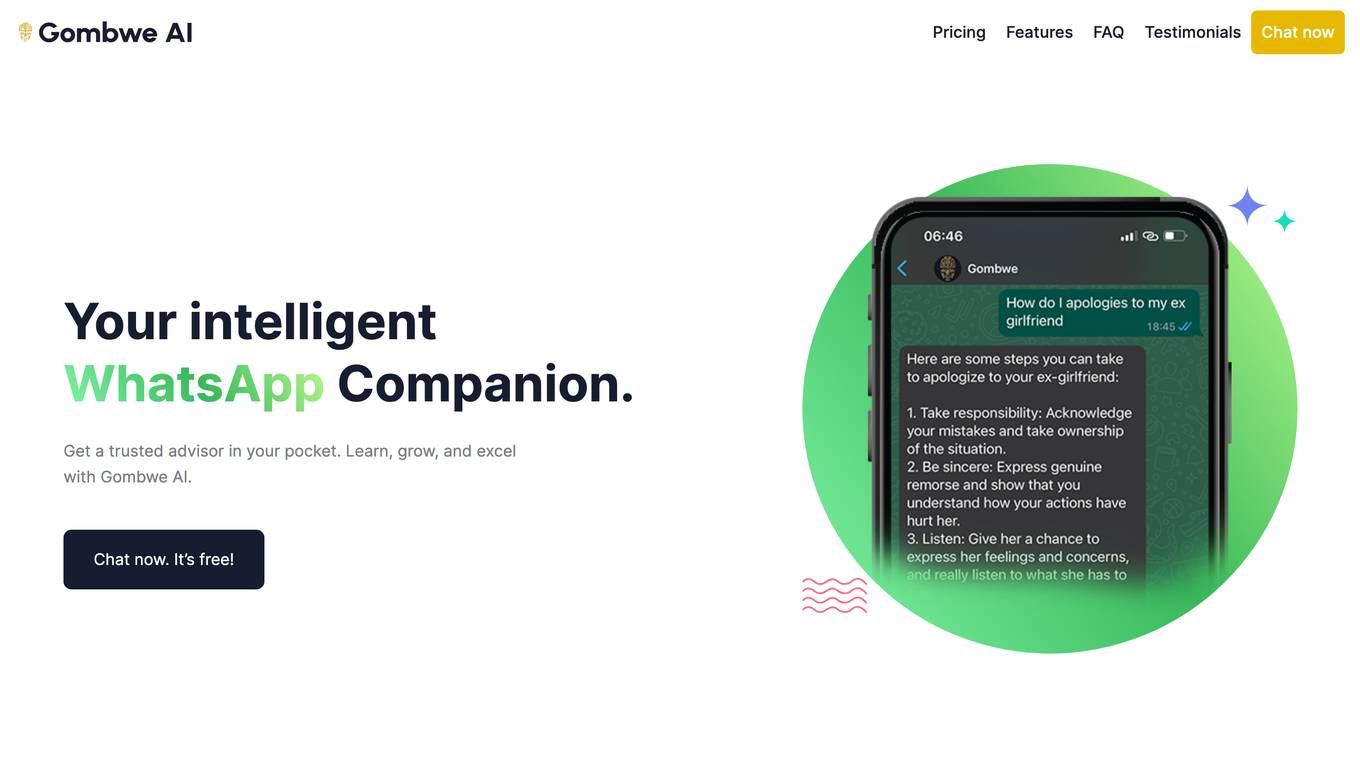
Azure Static Web Apps
Azure Static Web Apps is a platform provided by Microsoft Azure for building and deploying modern web applications. It allows developers to easily host static web content and serverless APIs with seamless integration to popular frameworks like React, Angular, and Vue. With Azure Static Web Apps, developers can quickly set up continuous integration and deployment workflows, enabling them to focus on building great user experiences without worrying about infrastructure management.
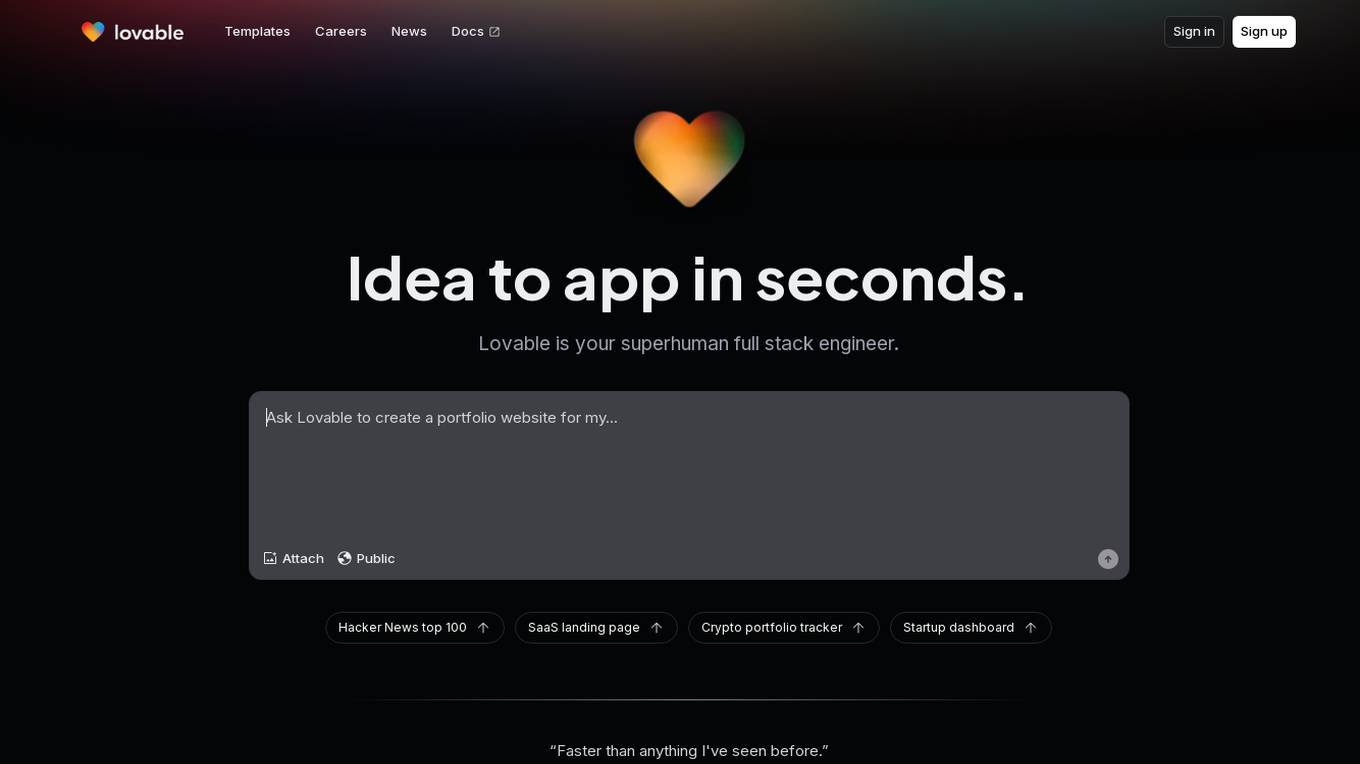
Lovable
Lovable is an AI-powered application that allows users to describe their software ideas in natural language and then automatically transforms them into fully functional applications with beautiful aesthetics. It enables users to build high-quality software without writing a single line of code, making software creation more accessible and faster than traditional coding methods. With features like live rendering, instant undo, beautiful design principles, and seamless GitHub integration, Lovable empowers product builders, developers, and designers to bring their ideas to life effortlessly.
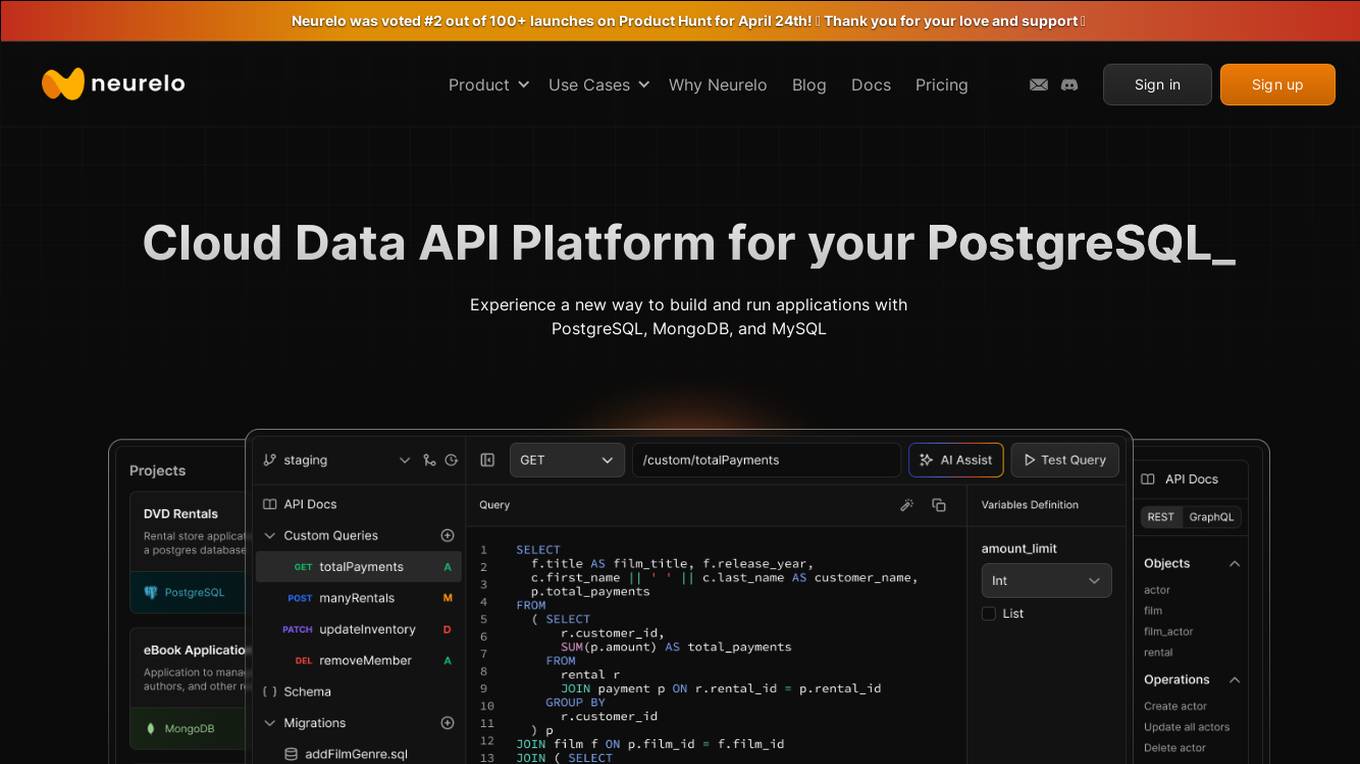
Neurelo
Neurelo is a cloud API platform that offers services for PostgreSQL, MongoDB, and MySQL. It provides features such as auto-generated APIs, custom query APIs with AI assistance, query observability, schema as code, and the ability to build full-stack applications in minutes. Neurelo aims to empower developers by simplifying database programming complexities and enhancing productivity. The platform leverages the power of cloud technology, APIs, and AI to offer a seamless and efficient way to build and run applications.
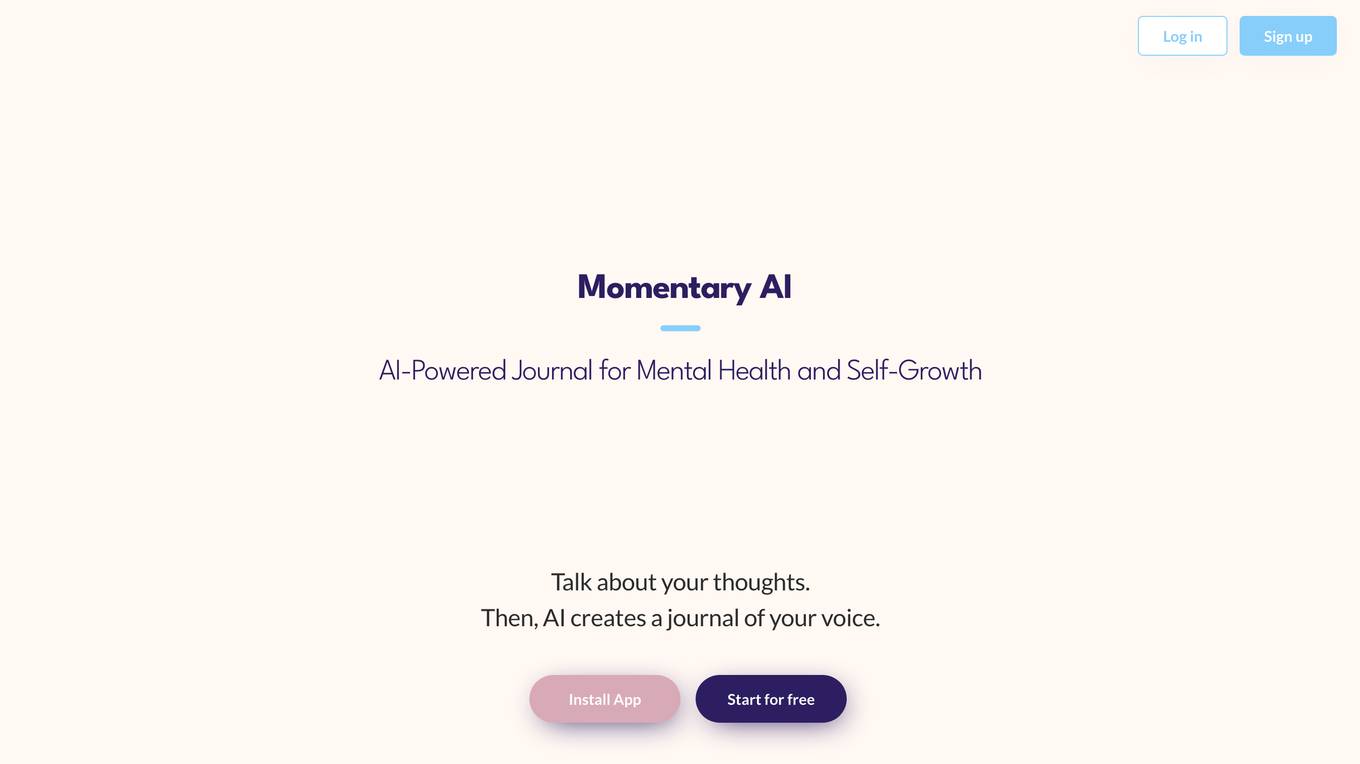
Bubble
Bubble is a visual programming platform that allows users to create web applications without needing to write code. Users can design and build interactive web applications using a drag-and-drop interface. Bubble provides a range of features and customization options to help users bring their ideas to life. The platform is suitable for both beginners and experienced developers looking to create web applications quickly and efficiently.
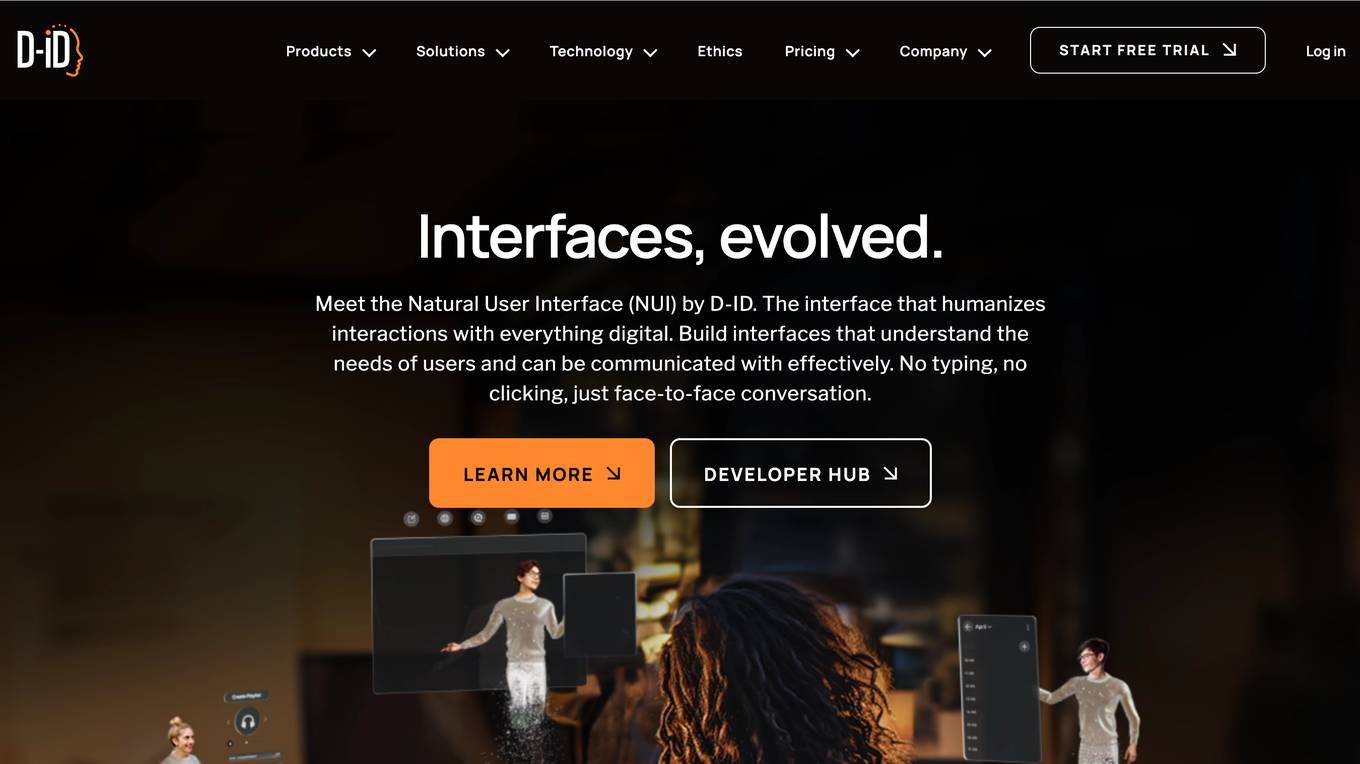
D-ID
D-ID is a leading provider of AI-powered Natural User Interfaces (NUIs). Their products include AI Agents, an API for developers, Chat.D-ID, Creative Reality™ Studio, and Mobile App Integrations. D-ID's NUIs enable users to interact with technology through natural conversation, without the need for typing or clicking. This makes it possible to create more human-like and engaging experiences for customers, employees, and students.
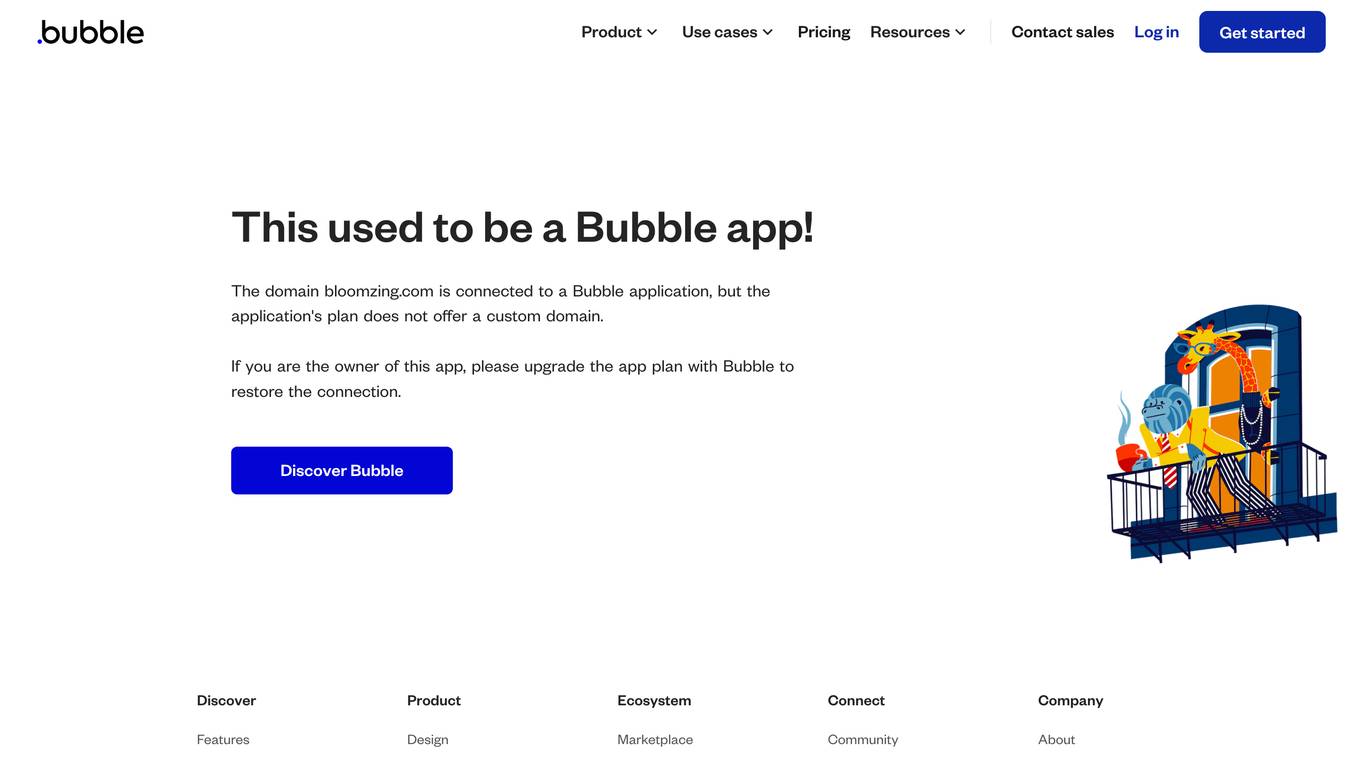
Bubble
Bubble is a no-code development platform that allows users to build web and mobile applications without writing code. It is a visual programming tool that uses a drag-and-drop interface to create applications. Bubble is used by a variety of businesses and individuals to create applications for a variety of purposes, including e-commerce, social networking, and data management.
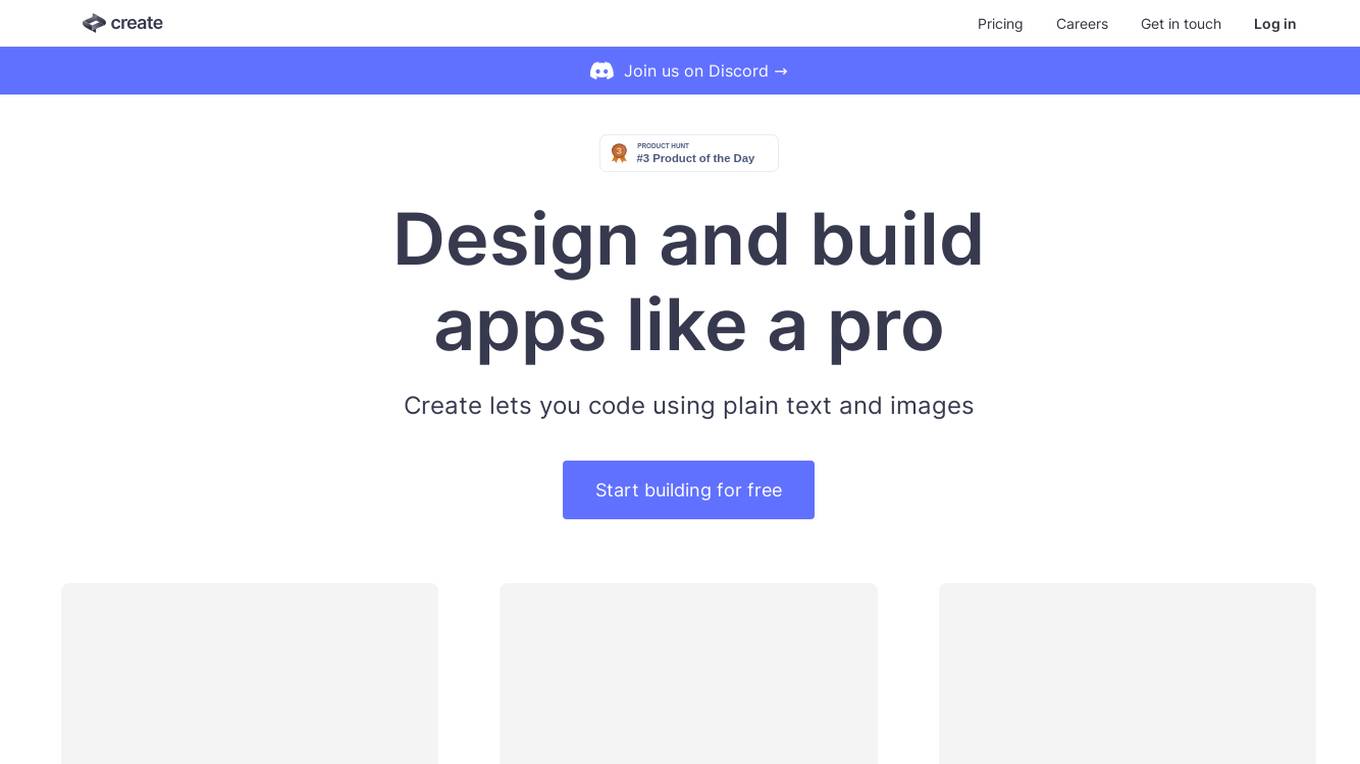
Create
Create is a free-to-use AI app builder that lets you code using plain text and images. With Create, you can design and build apps like a pro, without having to write a single line of code. Create is perfect for building internal tools, prototypes, and even full-fledged applications.
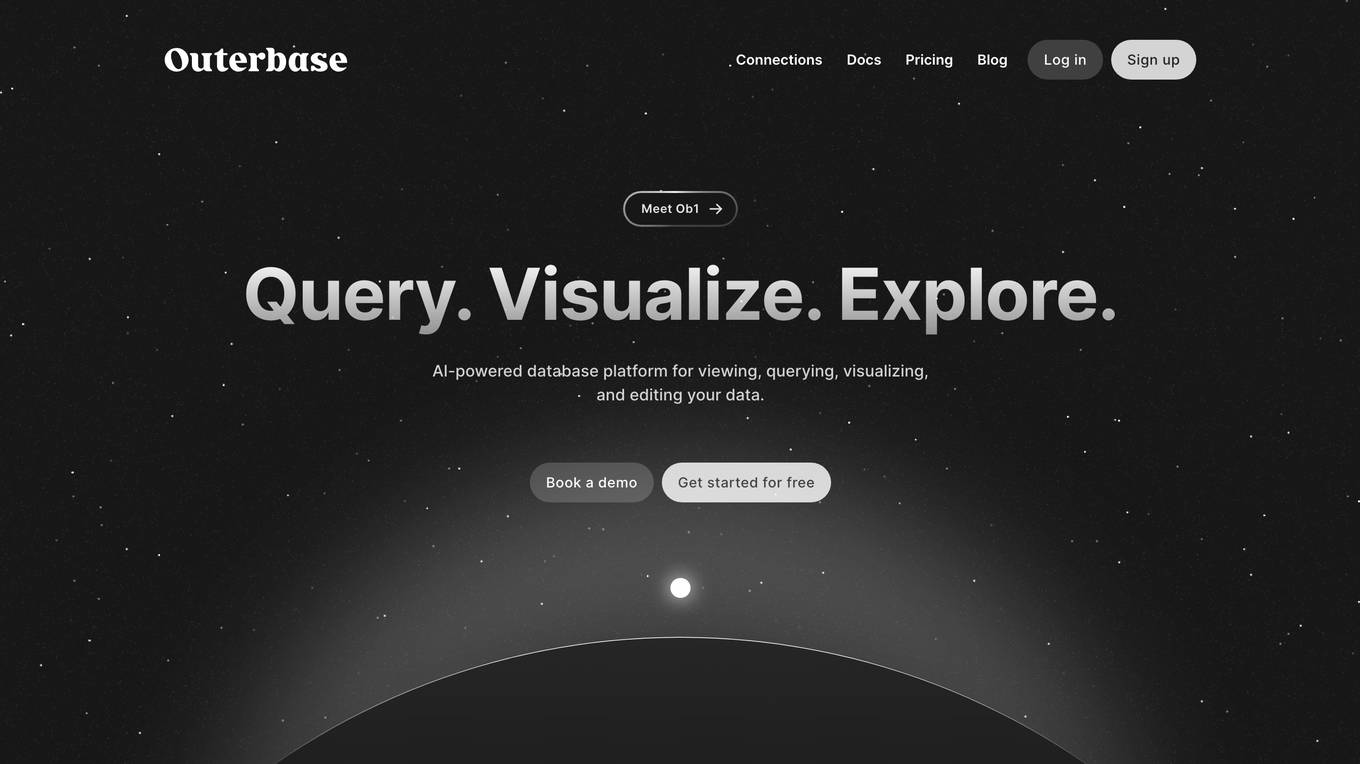
Outerbase
Outerbase is an AI-powered database platform that allows users to view, query, visualize, and edit their data. It features an AI Copilot, EZQL™, that can answer questions and generate SQL queries, a table editor that makes it easy to work with data, and a variety of plugins and themes to customize the experience. Outerbase integrates with most popular databases, including Postgres, MySQL, BigQuery, and Snowflake.
0 - Open Source AI Tools
20 - OpenAI Gpts
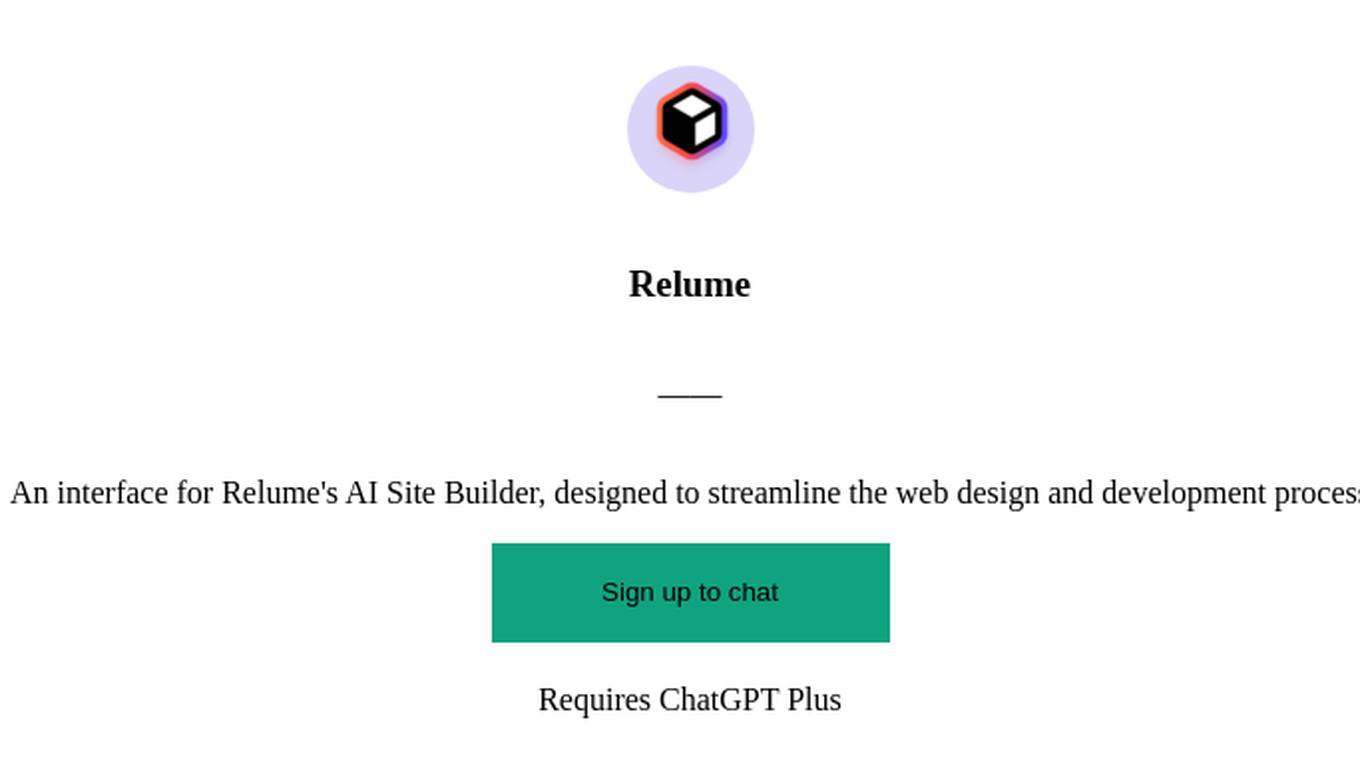
Relume
An interface for Relume's AI Site Builder, designed to streamline the web design and development process
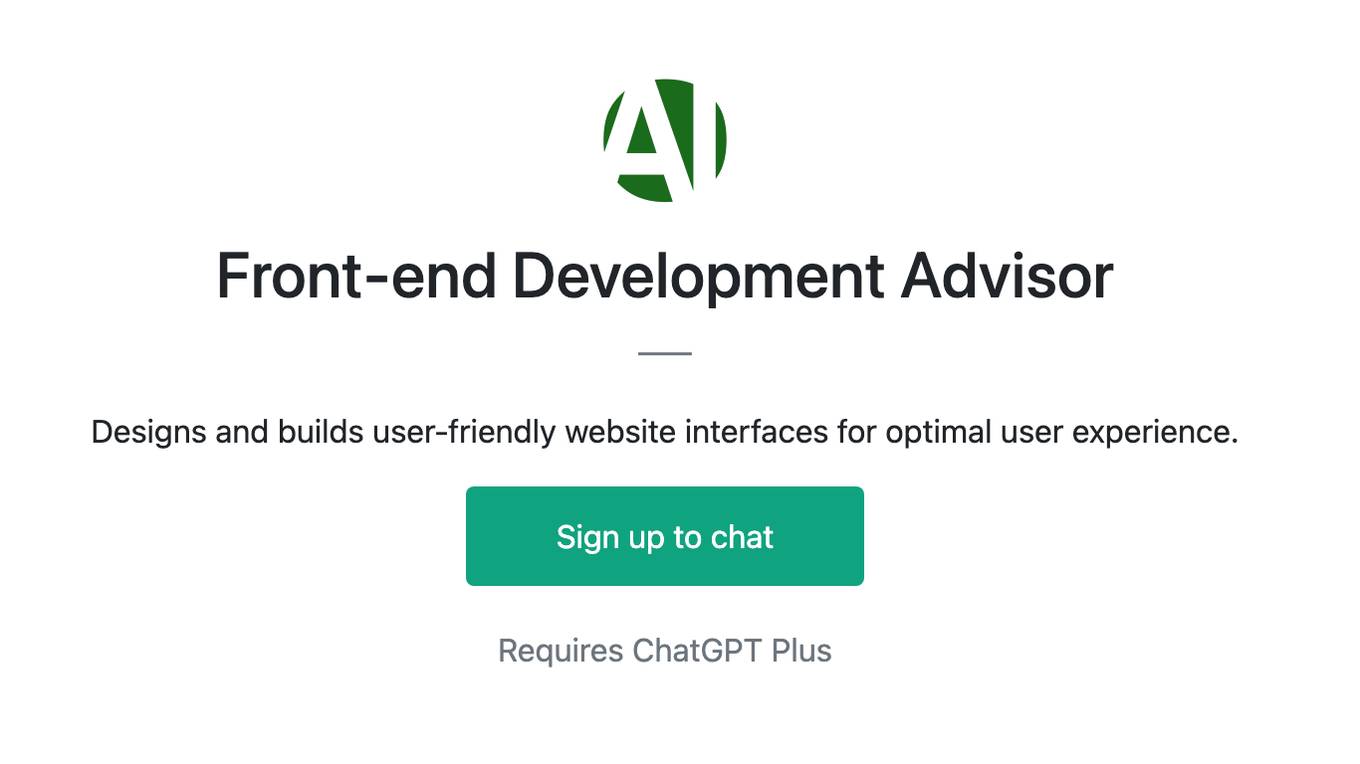
Front-end Development Advisor
Designs and builds user-friendly website interfaces for optimal user experience.
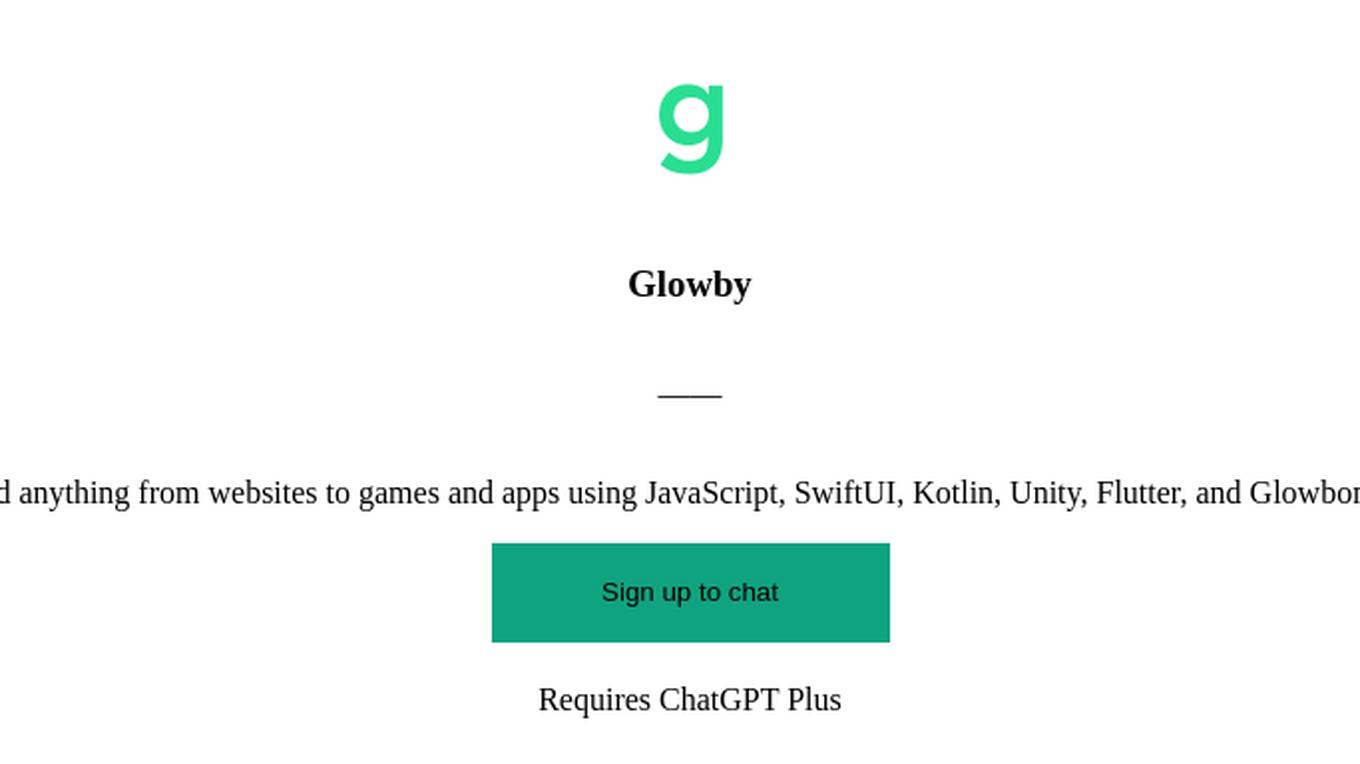
Glowby
Helps you build anything from websites to games and apps using JavaScript, SwiftUI, Kotlin, Unity, Flutter, and Glowbom AI Extensions.
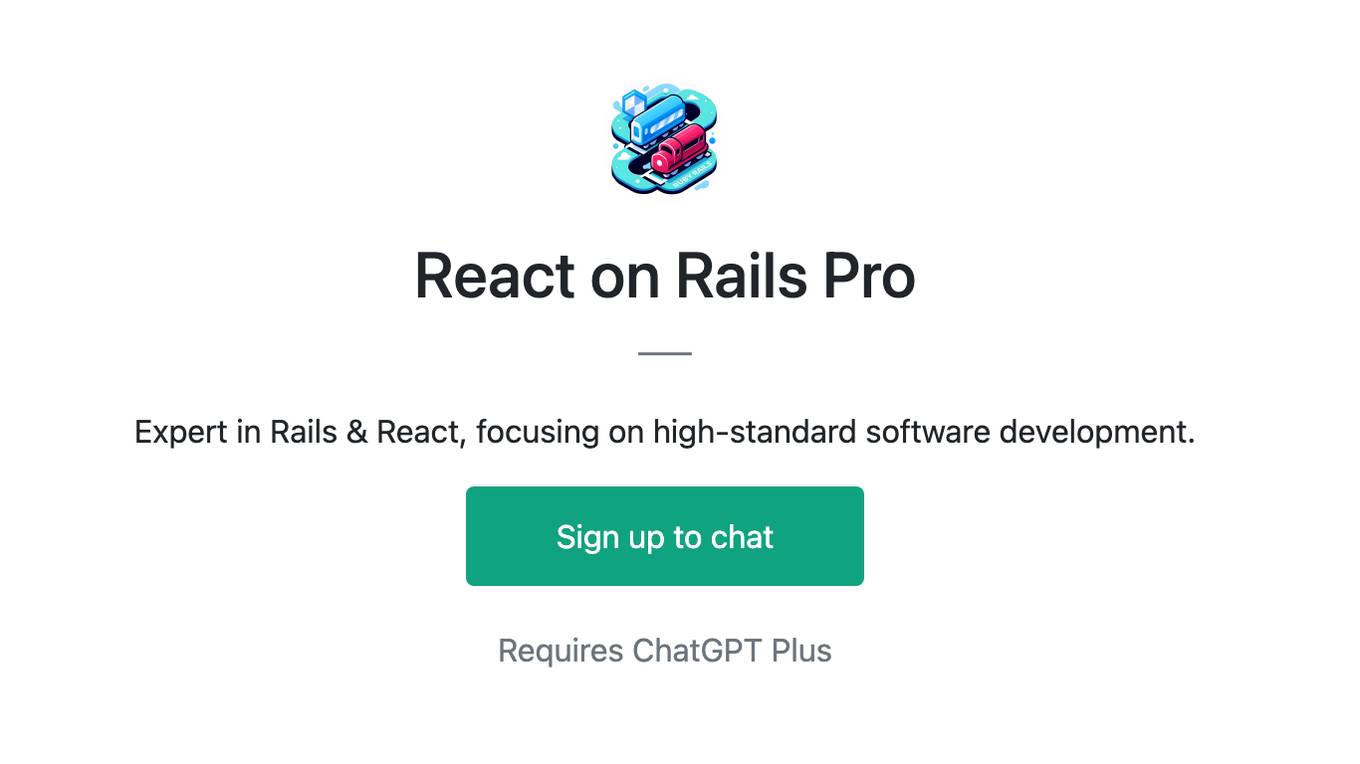
React on Rails Pro
Expert in Rails & React, focusing on high-standard software development.
![[latest] Vue.js GPT Screenshot](/screenshots_gpts/g-LXEGvZLUS.jpg)
[latest] Vue.js GPT
Versatile, up-to-date Vue.js assistant with knowledge of the latest version. Part of the [latest] GPTs family.
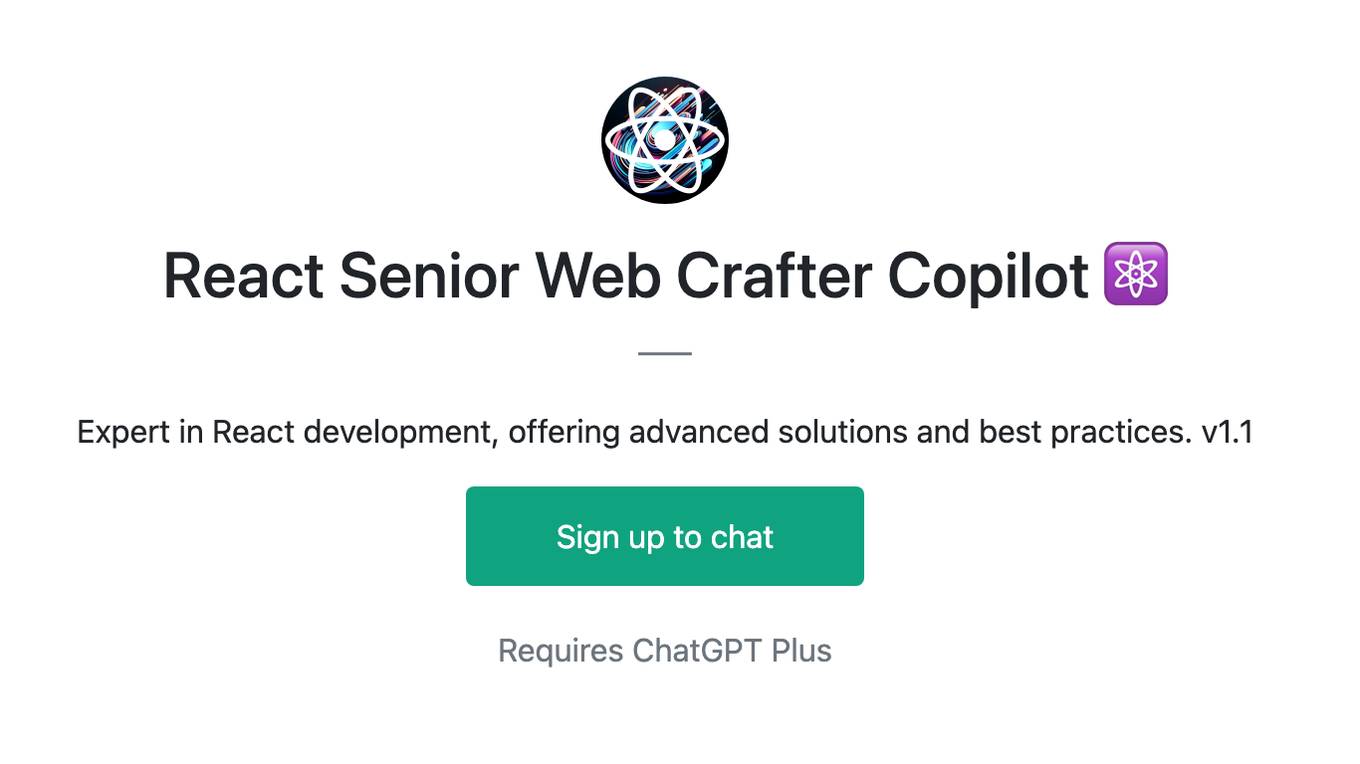
React Senior Web Crafter Copilot ⚛️
Expert in React development, offering advanced solutions and best practices. v1.1
